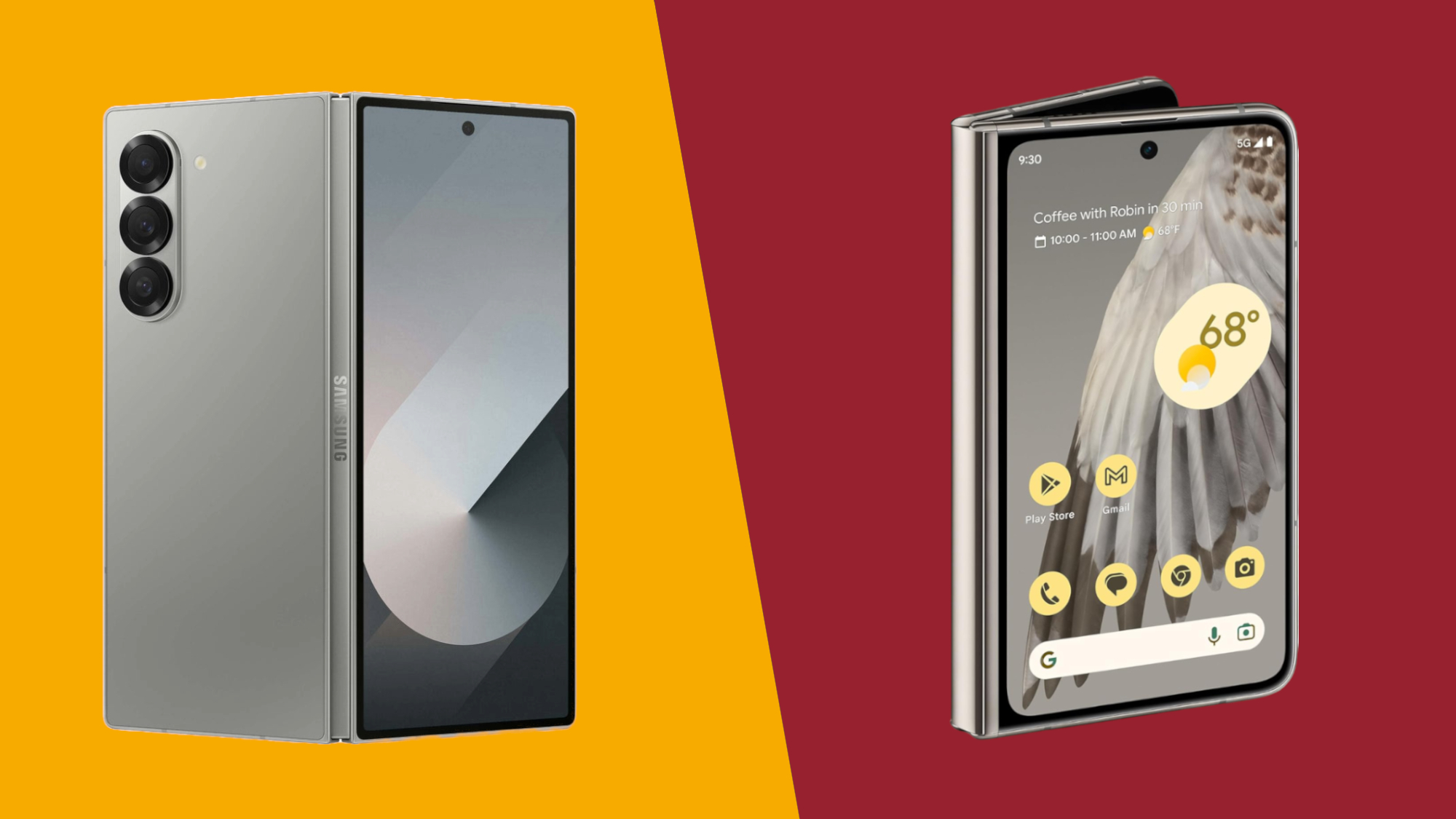
Weight: 239g
Dimensions: 68.1 x 153.5 x 12.1mm
Screen size: 6.3-inch cover, 7.6-inch main
Resolution: 2376 x 968, 2160 x 1856
Chip: Snapdragon 8 Gen 3
RAM: 12GB
Storage: 256GB/512GB/1TB
Battery: 4,400mAh
Rear camera: 50MP+12MP+10MP
Front camera: 10MP
Inner camera: 4MP
Samsung Galaxy Z Fold 6 is Samsung's most comprehensively thought-out foldable to date.
For
- Best foldable yet from Samsung
- Bigger, brighter main screen and wider cover display
- Lots of AI
Against
- Camera array got only a small upgrade
- More expensive
The Google Pixel Fold is an excellent, multidimensional handset that feels equally at home as a beefy smartphone or a pint-sized table.
For
- No-compromises front screen
- Excellent construction
- Great-looking big screen
- Excellent cameras
Against
- Huge bezel around the tablet screen
- Takes a little push to lie flat
- The price takes some explaining
With the Galaxy Z Fold 6, Samsung is looking to regain its full-sized foldable crown. First up on the hit list before it can be considered worthy of taking on the mighty OnePlus Open is the Google Pixel Fold.
It might be a seasoned vet by this point, but Google’s debut foldable still offers something a little different to the rest of the bendy crowd. Samsung will find itself fending off challenges in the camera and software categories, as well as having to answer awkward questions about aspect ratios and selfie cameras.
As you can see in our Samsung Galaxy Z Fold 6 reivew, it's an excellent foldable phone, so here’s how it matches up to the Pixel Fold, which we’re very familiar with by this point.
Samsung Galaxy Z Fold 6 vs Google Pixel Fold: specs comparison
Samsung Galaxy Z Fold 6 vs Google Pixel Fold: price and availability
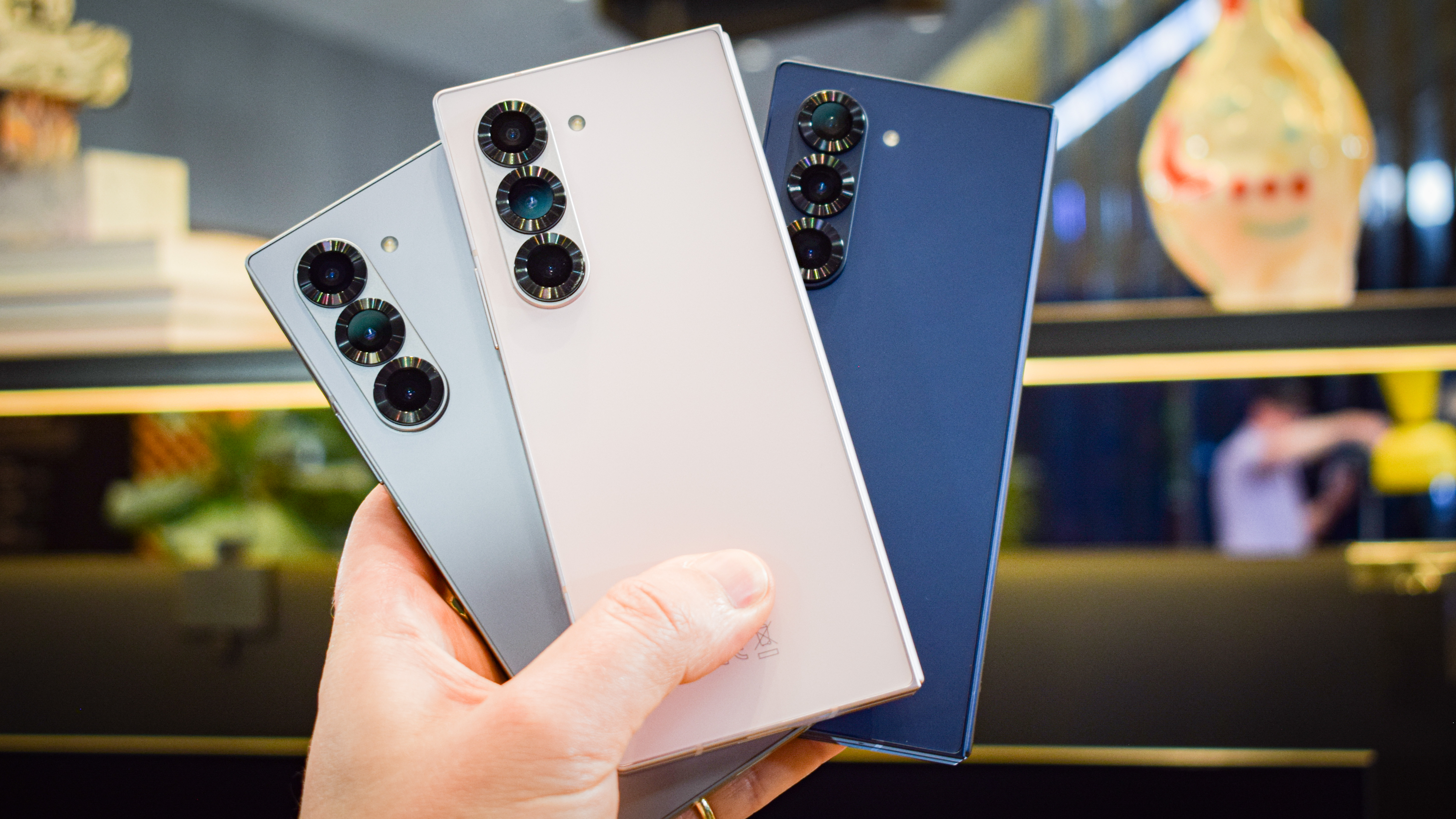
Samsung’s Galaxy Z Fold 6 went on sale July 24 in the US and UK, and on July 31 in Australia. The Pixel Fold, meanwhile, has been on the market since June 27, 2023. Here at the cutting edge of the smartphone business, it’s a veritable old timer.
In terms of pricing, the Galaxy Z Fold 6 starts from $1,899 / £1,799 / AU$2,749 for 256GB of storage, moving up to $2,019 / £1,899 / AU$2,949 for 512GB and $2,259 / £2,099 / AU$3,299 for 1TB.
Google’s Pixel Fold hit the market at a cheaper – though definitely not cheap – price of $1,799 / £1,749 (around AU$2,655) for the 256GB model, while the 512GB model would set you back $1,919 / £1,869 (roughly AU$2,835) at launch.
Given that it’s more than a year old now, you can easily pick up the Pixel Fold for a heavily discounted price. Google itself is selling it for $1,299 / £1,199 (about AU$1,960) at the time of writing.
Samsung Galaxy Z Fold 6 vs Google Pixel Fold: design
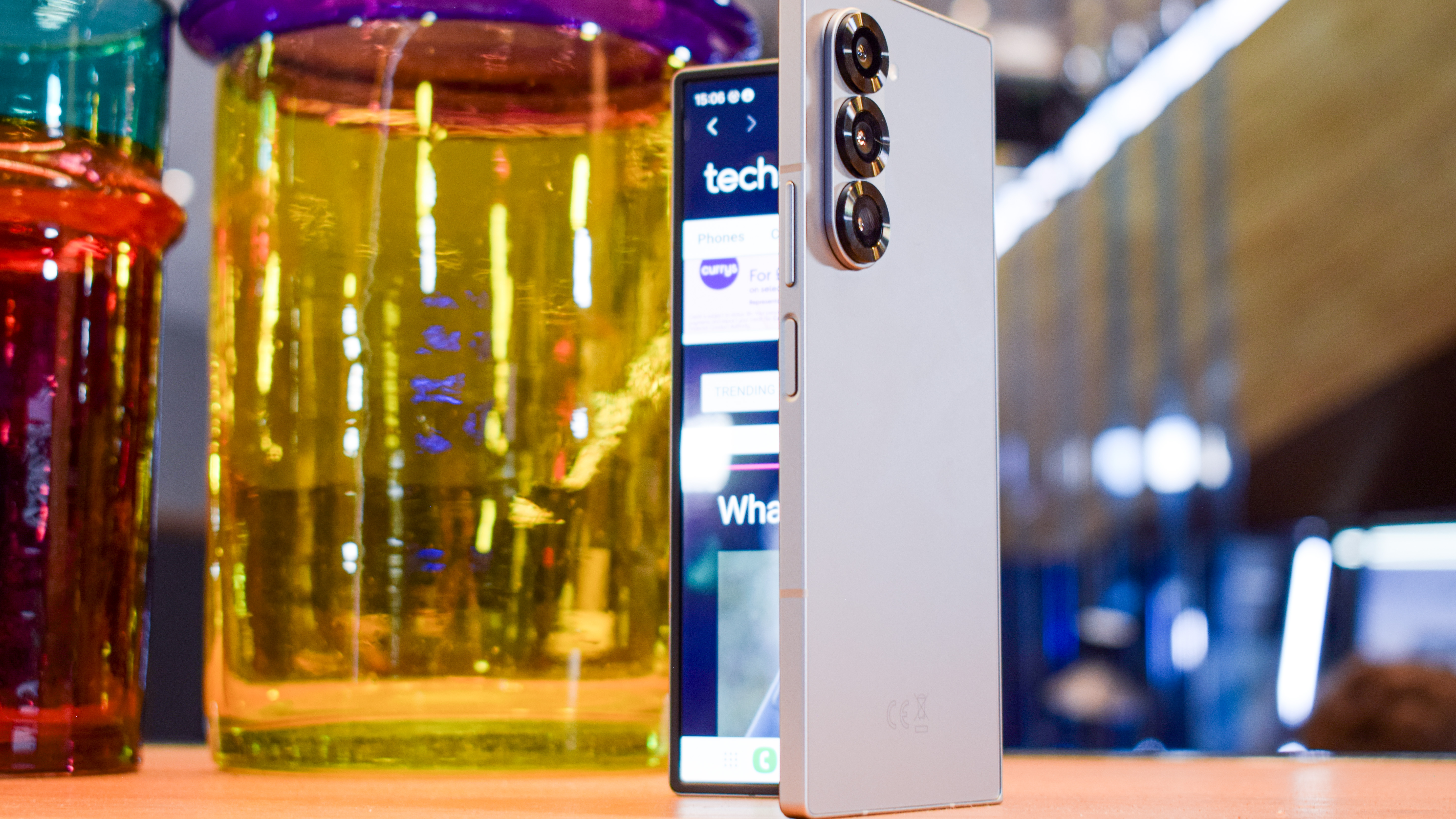
Both of these phones are full-sized foldables, which means they have a hinged design with a large mini-tablet-like internal display and a regular smartphone-like external screen.
However, they otherwise look and feel just about as different as it’s possible to get. The Pixel Fold goes with much shorter and wider screens, which means that it feels more like a normal phone when it’s closed up, and is much wider when open.
At 139.7mm tall, the Pixel Fold is quite a bit shorter than the 153.5mm Galaxy Z Fold 6. Meanwhile, at 158.7mm wide (when closed), it’s far wider than the 132.6mm Fold 6. However, they’re about as thick as one another, with the 5.6mm Fold 6 measuring just 0.2mm skinnier. When they’re closed, the two foldables are exactly the same 12.1mm thickness, indicating a more efficient hinge design for Google’s foldable.
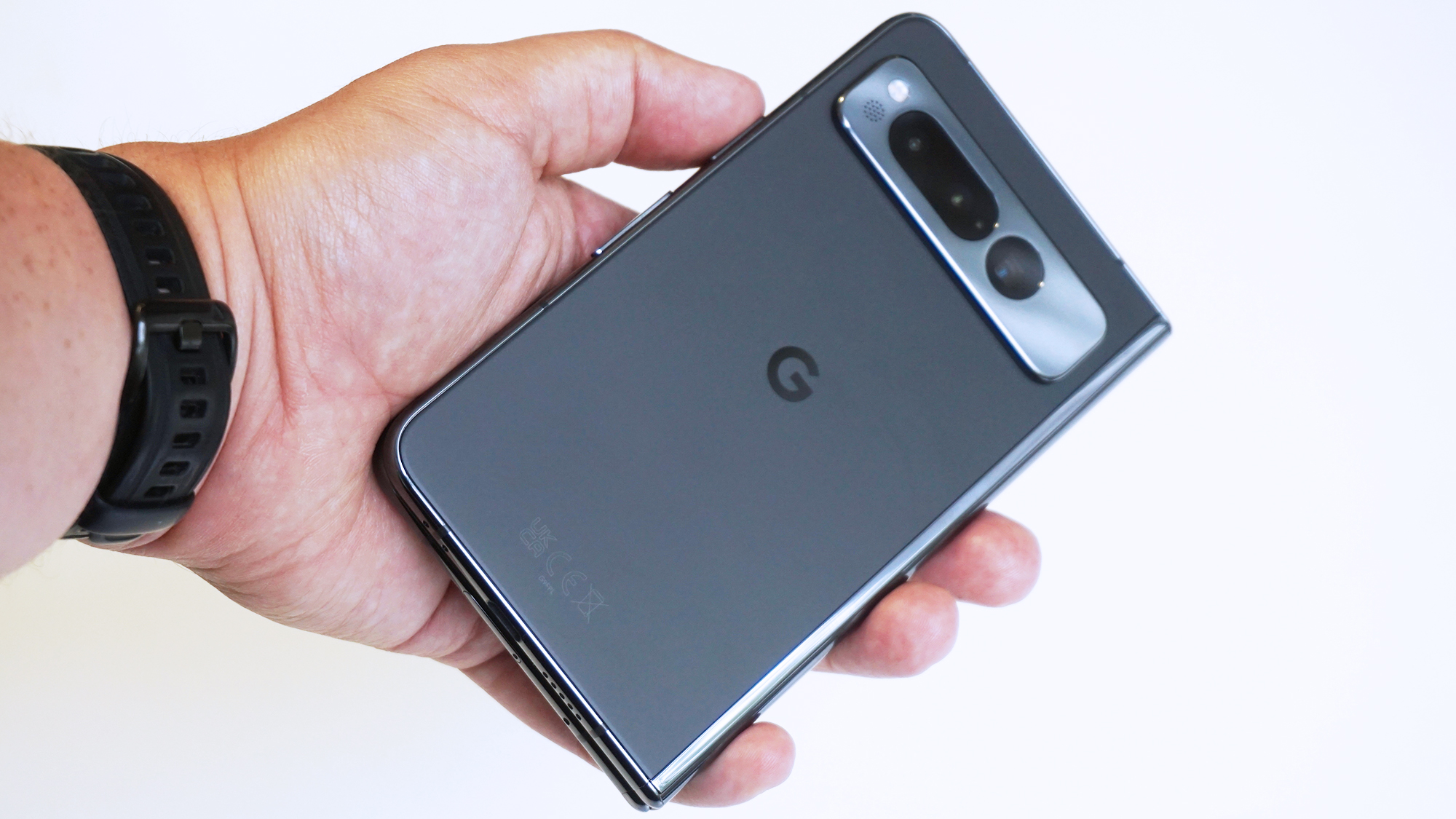
However, Samsung’s new foldable is way lighter than Google’s. At 239g it’s one of the lighter foldables of its kind, while at 283g the Pixel Fold is one of the heaviest.
Samsung has tweaked its design language this time around to make the Fold 6 look much more angular and purposeful, which places it in stark contrast to the curvy Pixel Fold. Google also opted to give its foldable pronounced top and bottom bezels, which we’re not huge fans of.
On the materials front, both phones have aluminum frames, but the Galaxy Z Fold 6 uses tougher Gorilla Glass Victus 2 on the front and rear. The Pixel Fold uses the older original Victus glass standard. Google’s phone also pack an inferior IPX8 rating, while Samsung has managed to elevate the Fold 6’s dust rating (slightly) to IP48.
Samsung Galaxy Z Fold 6 vs Google Pixel Fold: display
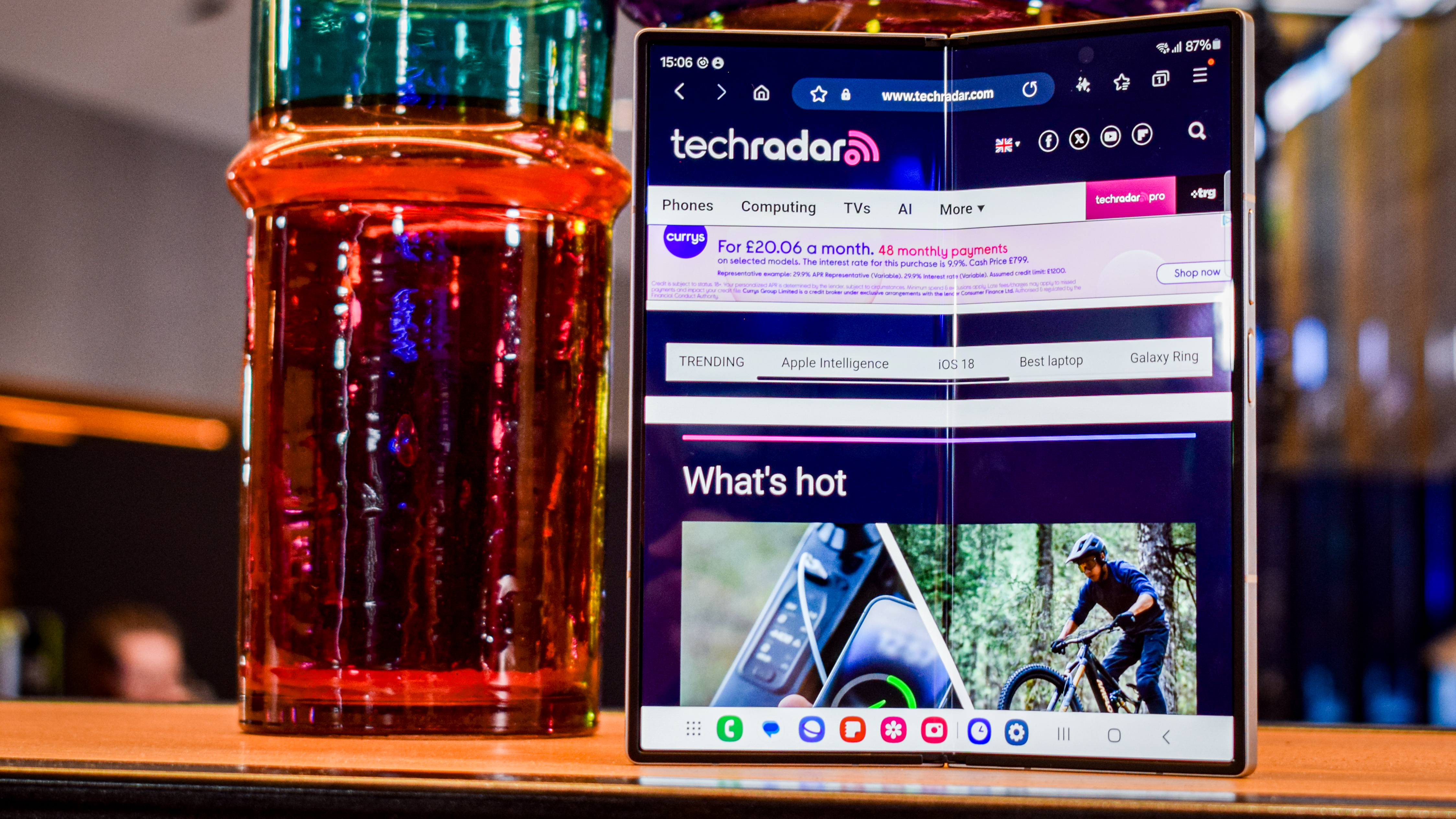
While both phones feature 7.6-inch fold-out AMOLED displays with 120Hz refresh rates, the two manufacturers have taken a very different approach when it comes to the aspect ratio.
Google has set out to make its main display a little wider, more in keeping with an iPad Mini. The Galaxy Z Fold 6 screen, meanwhile, is almost square, which is a little odd when you think about it.
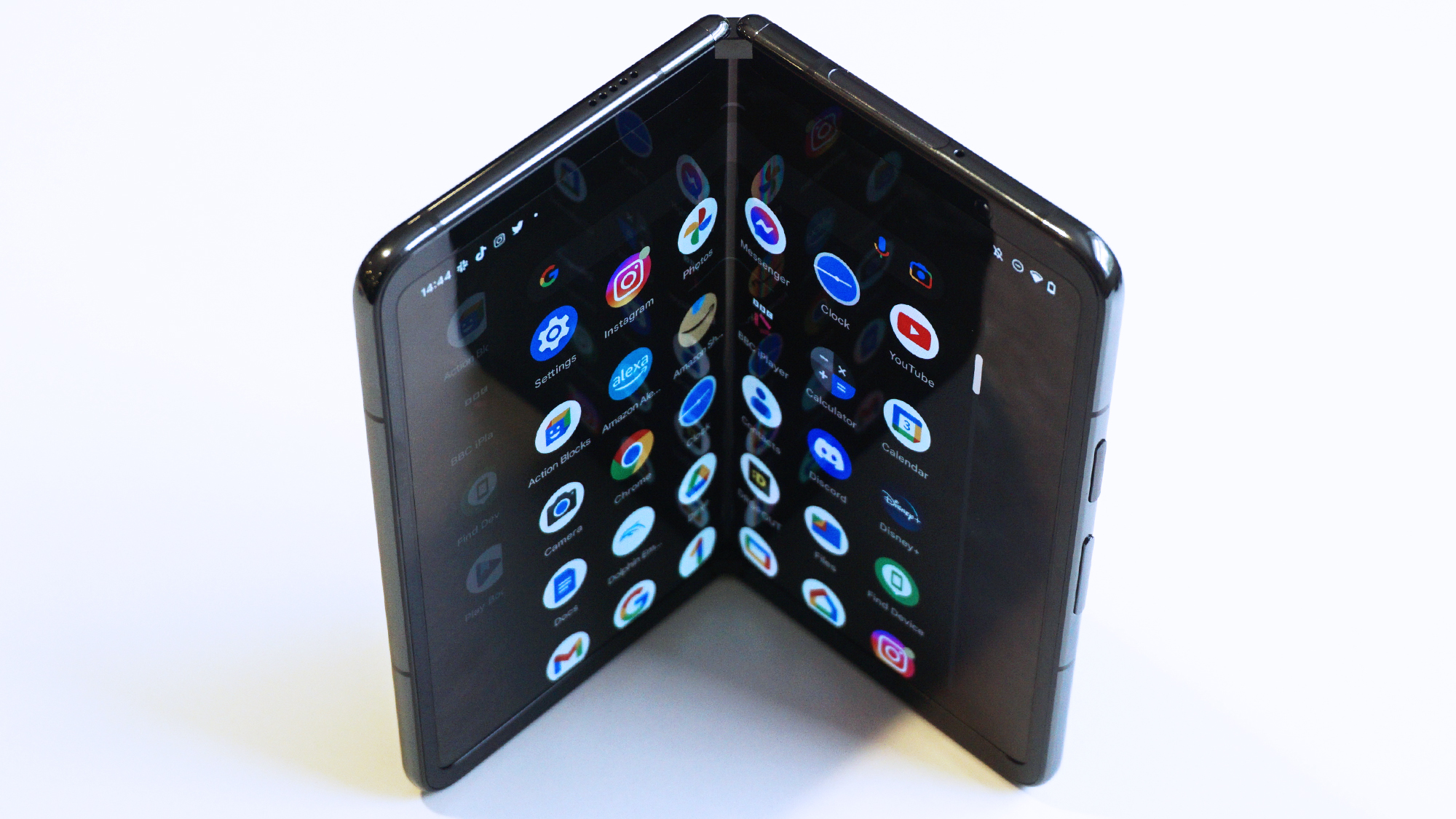
They’re similarly sharp, with the 1840 x 2208 Pixel Fold screen resulting in a 378 ppi pixel density and the 1856 x 2160 Fold 6 screen producing 374 ppi. Samsung gets bragging rights when it comes to brightness, though, with a peak of 2,600 nits compared to the Pixel Fold’s 1,450 nits.
Samsung gets another win with S Pen compatibility, which means you can buy a bespoke stylus and use it with the Fold 6’s internal display. There’s no such Pixel provision, which feels like an oversight.
You’ll find that the cover screens are also quite different here. The Pixel Fold’s 5.8-inch AMOLED is smaller than the Fold 6’s 6.3-inch equivalent, but it’s also much shorter and wider. In fact, this cover screen feels more like a ‘normal’ smartphone than the Galaxy Z Fold 6 equivalent, making it more natural to use when closed.
Samsung Galaxy Z Fold 6 vs Google Pixel Fold: cameras

We’re a little disappointed that Samsung hasn’t changed up its camera game more for the Galaxy Z Fold 6. You’re getting the same 50MP f/1.8 main camera and 10MP f/2.4 3x telephoto camera as the Galaxy Z Fold 5 and Fold 4, with only an improved 12MP f/2.2 ultra-wide really offering anything new.
It remains to be seen for sure, but the Pixel Fold’s camera setup seems to be more immediately impressive. It features a 48MP f/1.7 main camera, a 10.8MP f/2.2 ultra-wide, and a 10.8MP 5x telephoto.
Other than the telephoto, which zooms in further than the Fold 6 equivalent, it’s tricky to say that the Pixel Fold camera hardware is flat out superior. However, Google’s legendary image processing prowess produces excellent shots in all conditions. There’s nothing quite like Google’s excellent contrasty shots, though Samsung is hardly a mug in this department.
Samsung Galaxy Z Fold 6 camera samples:
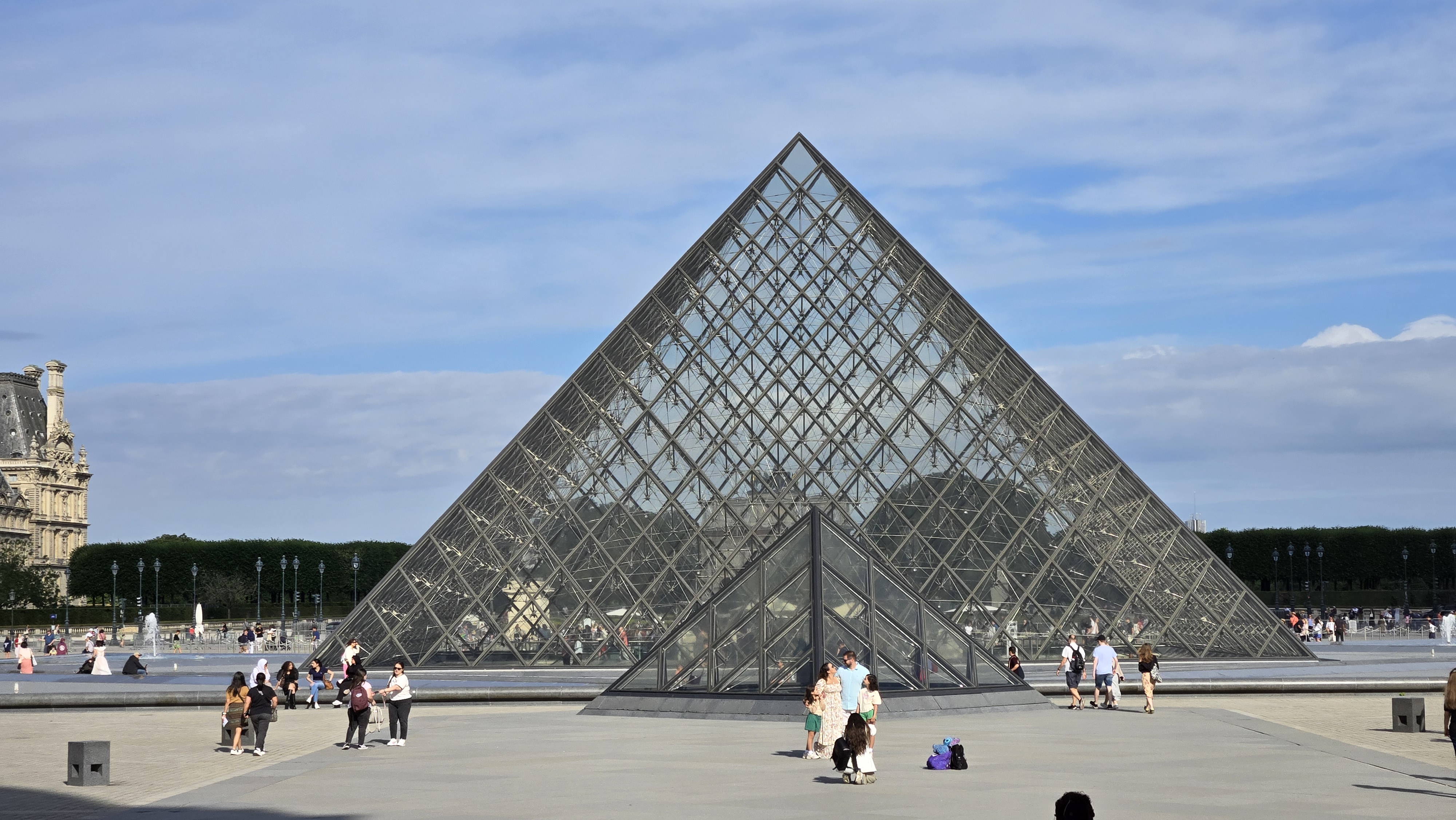
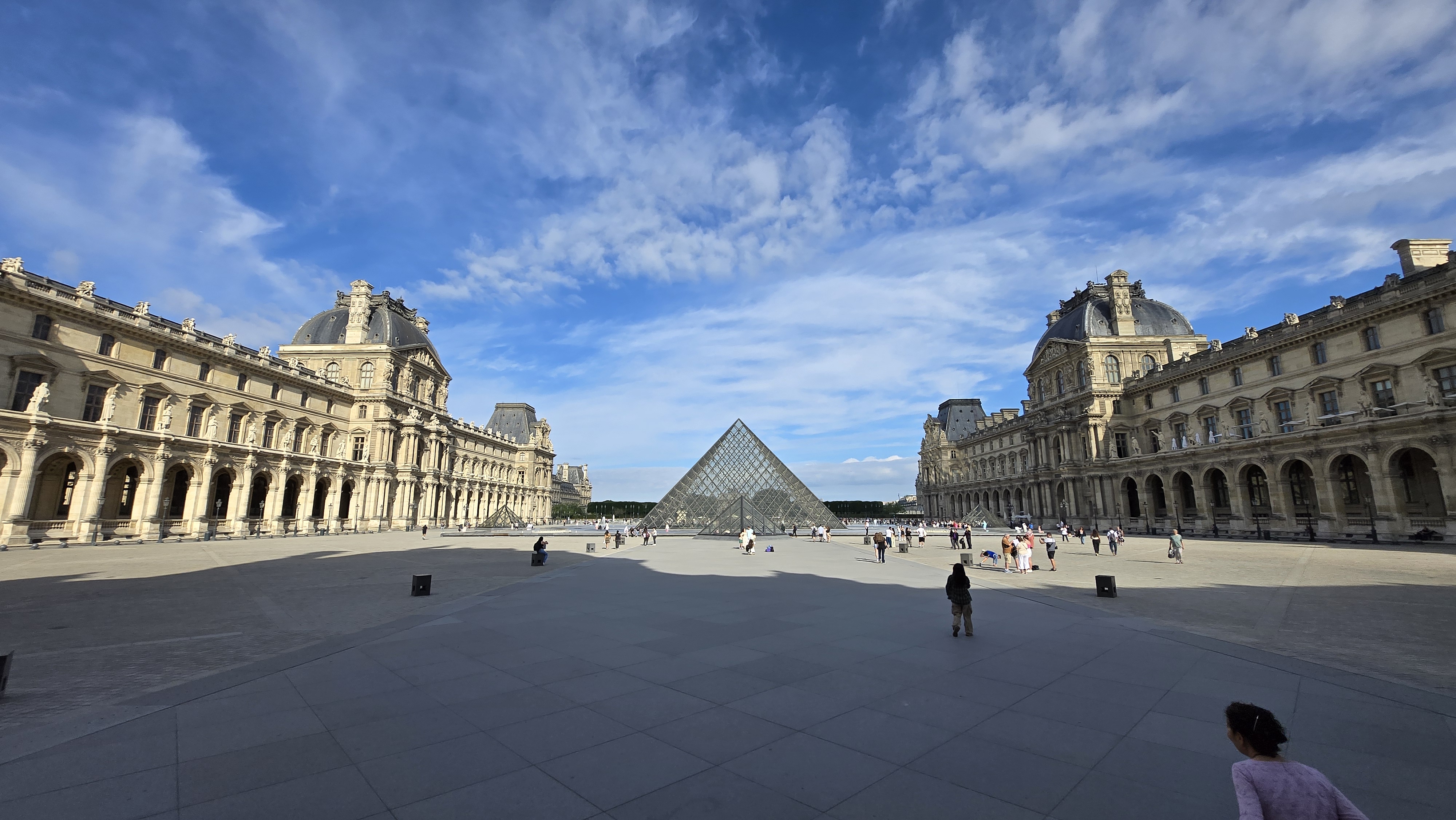
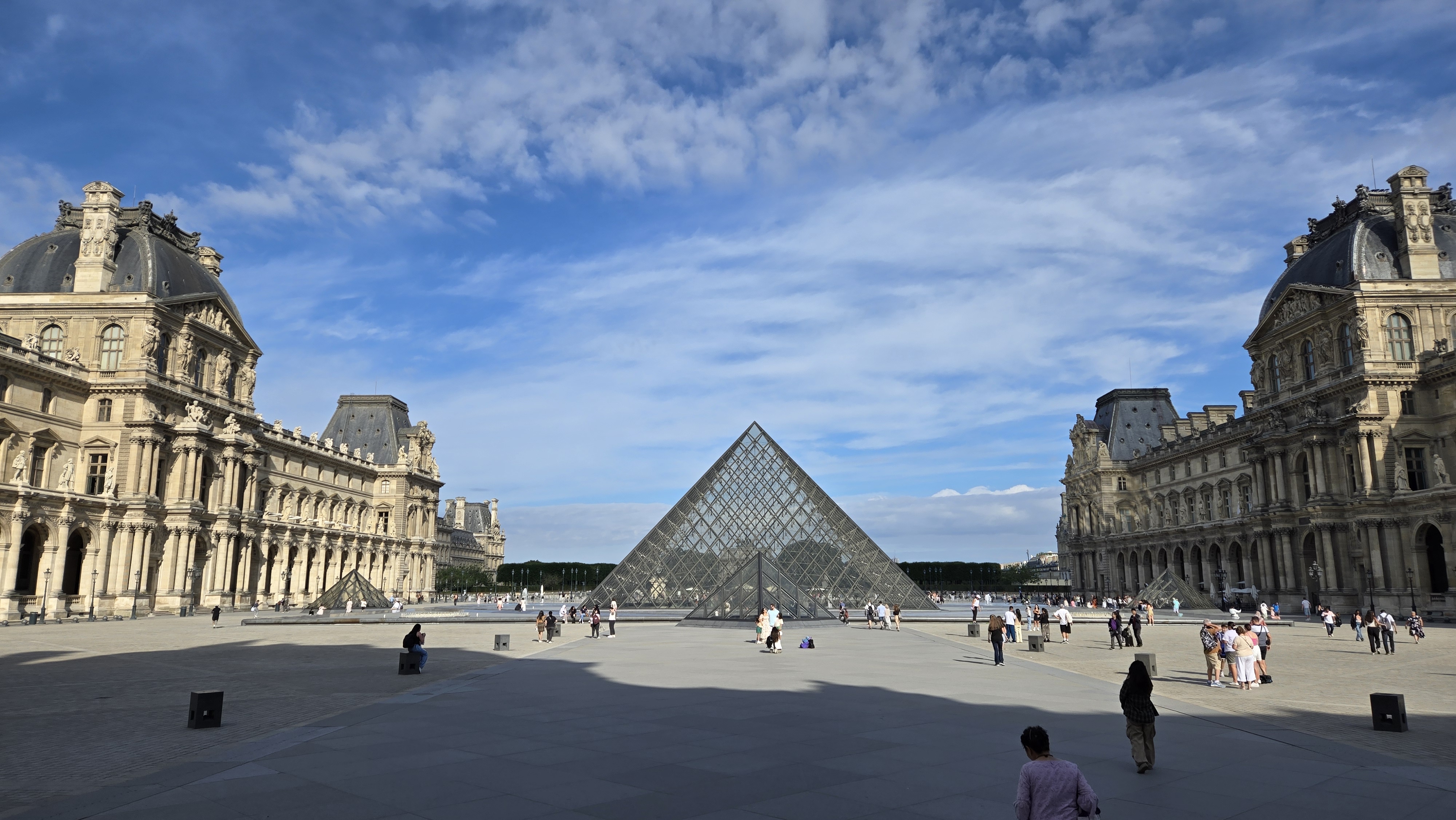

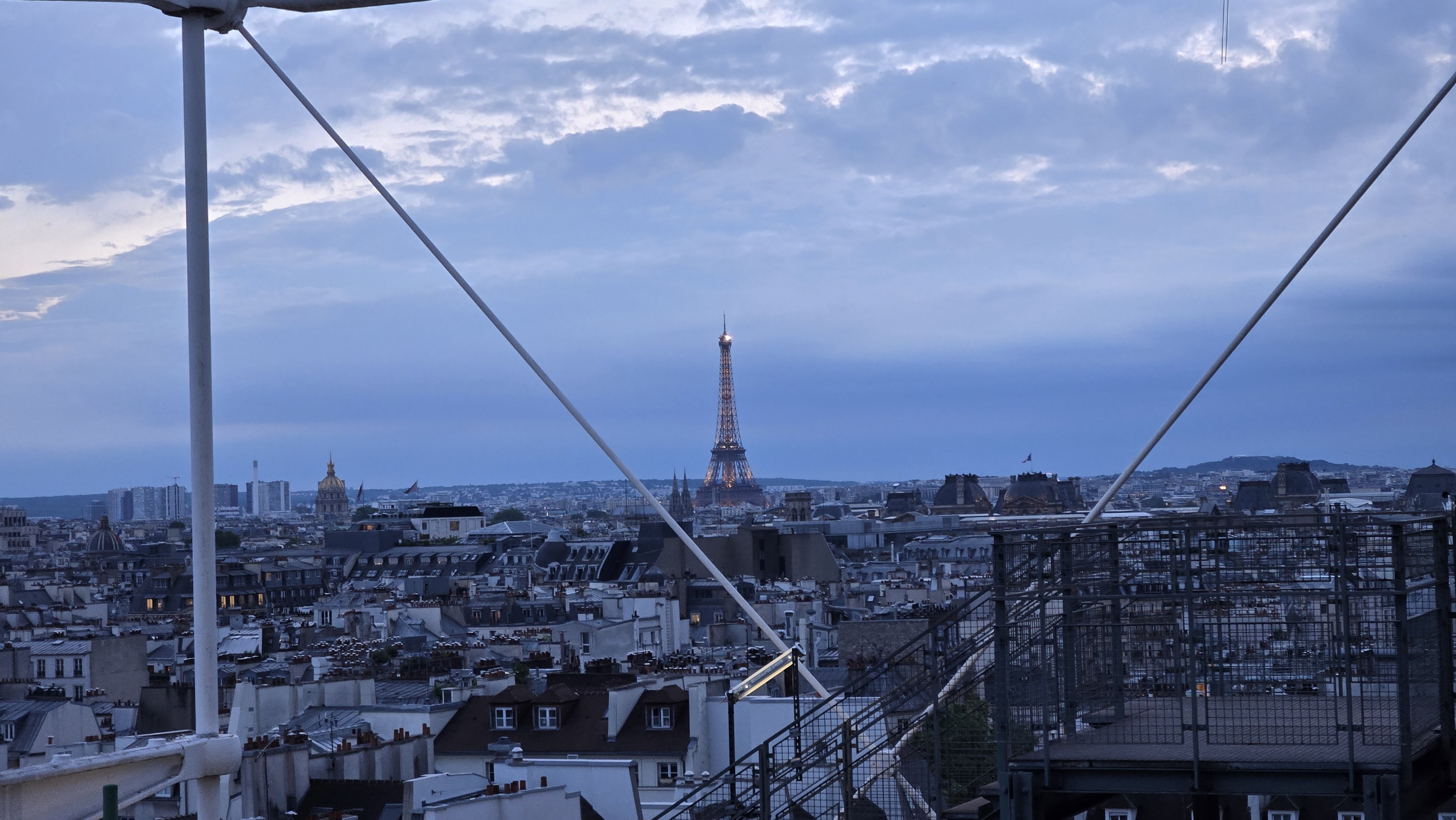

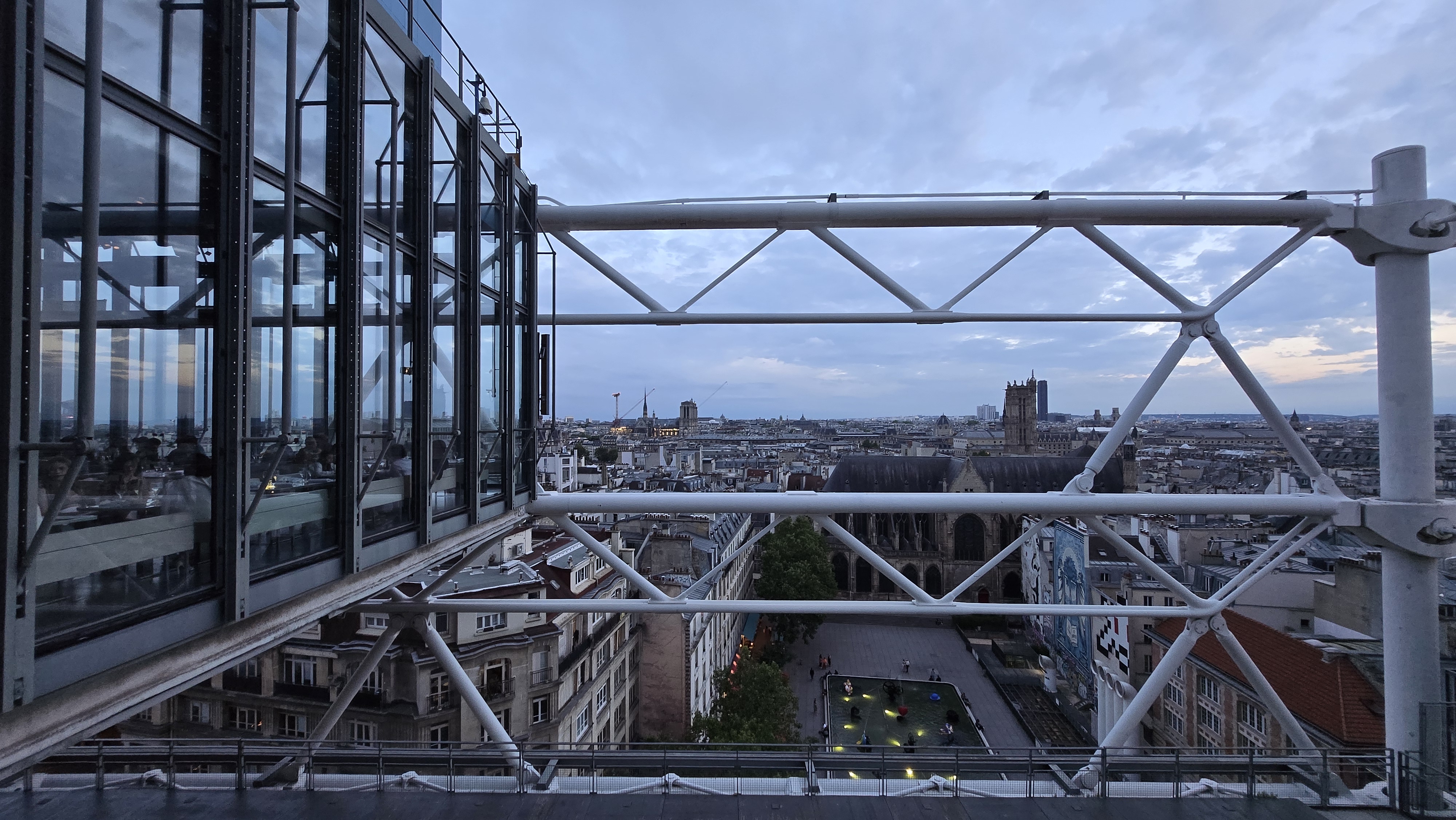
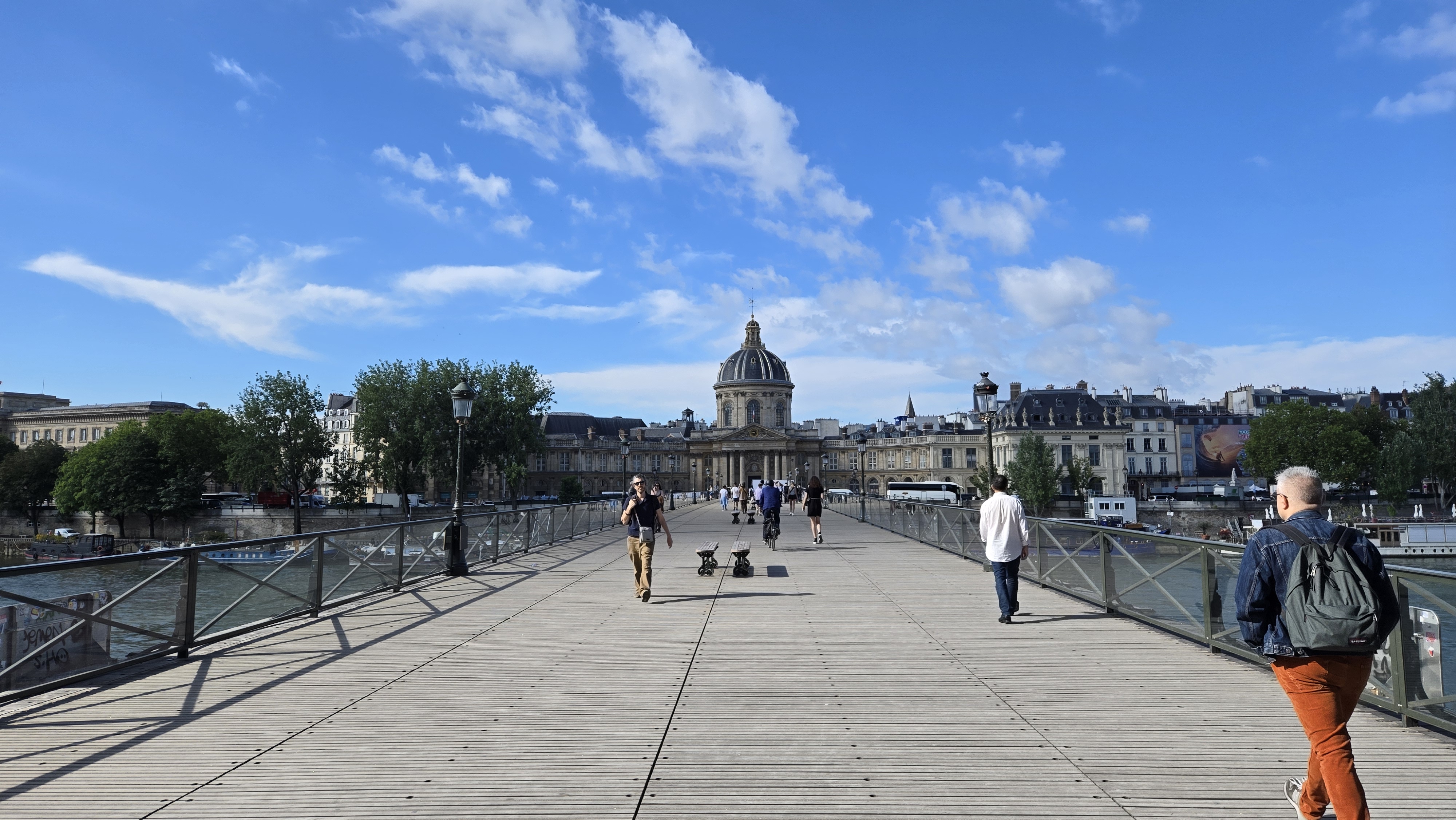

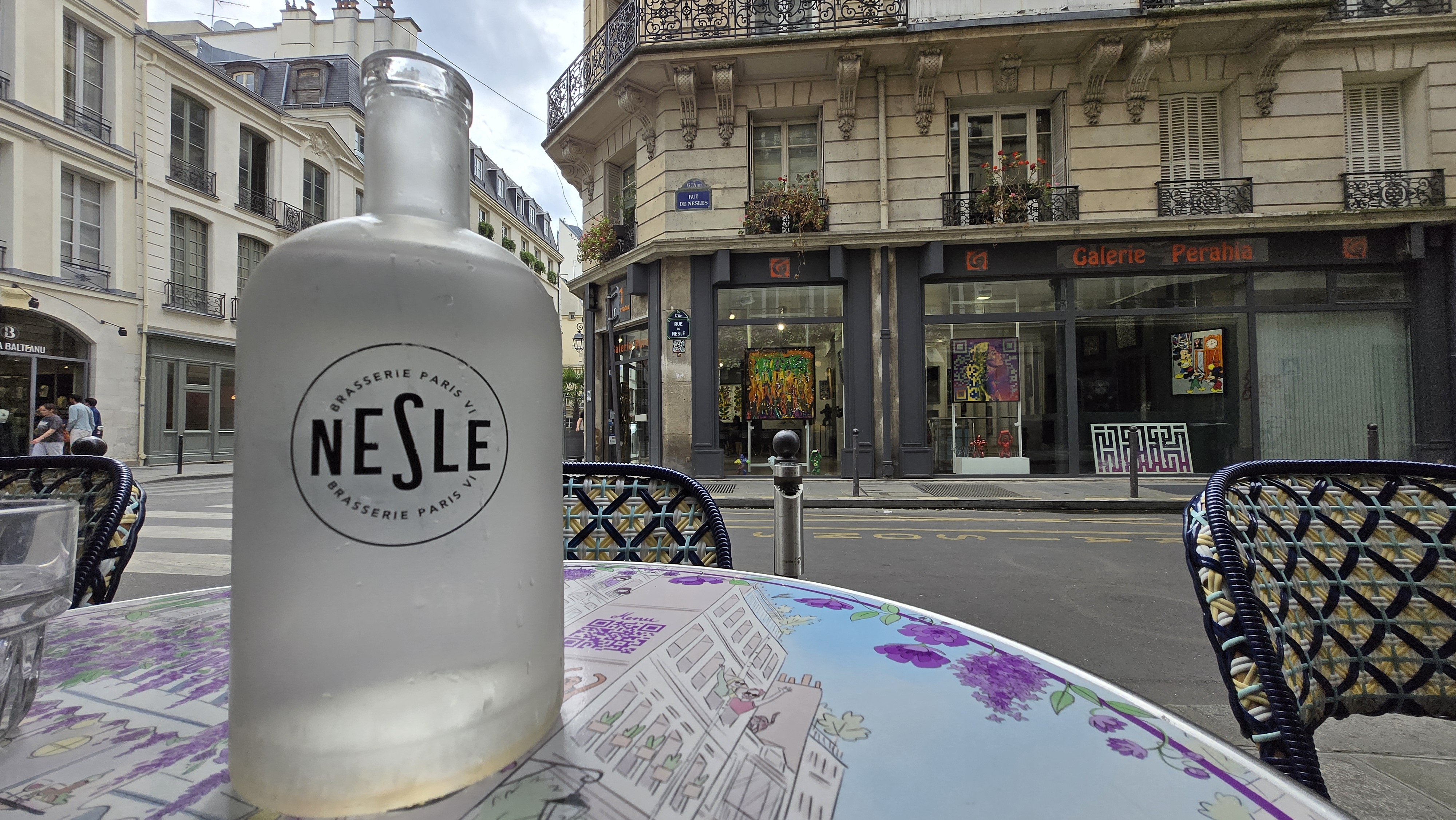
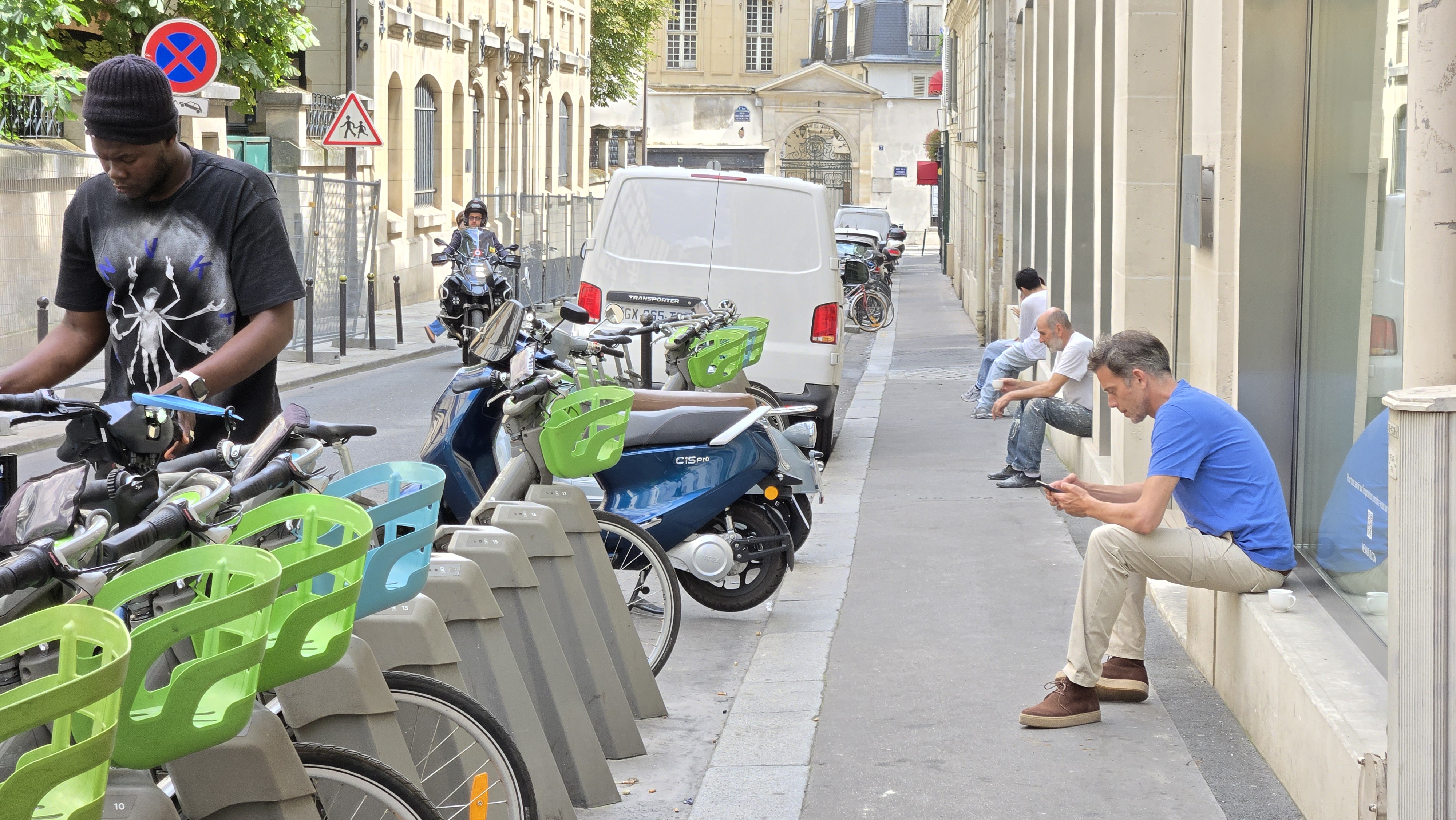

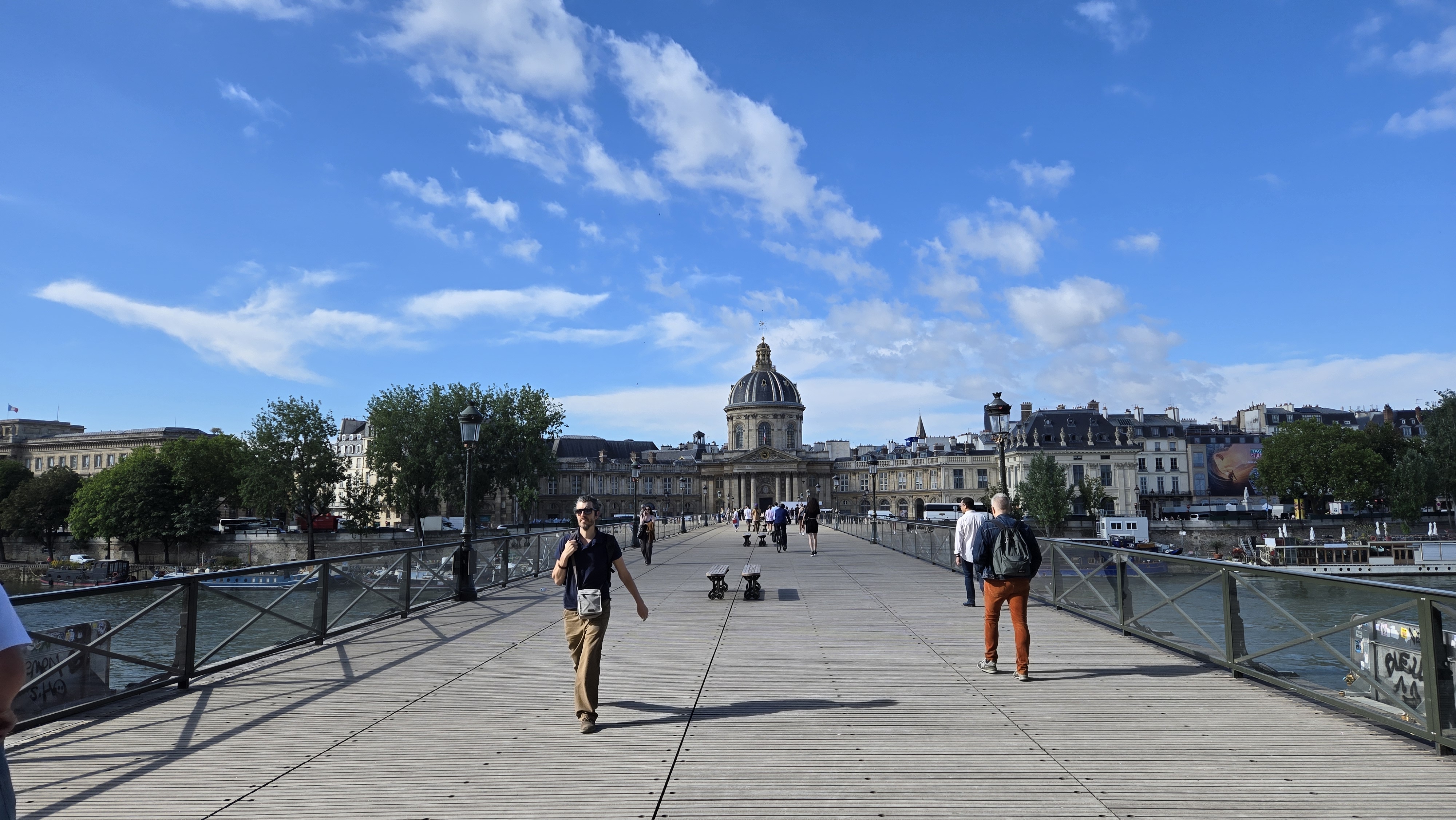


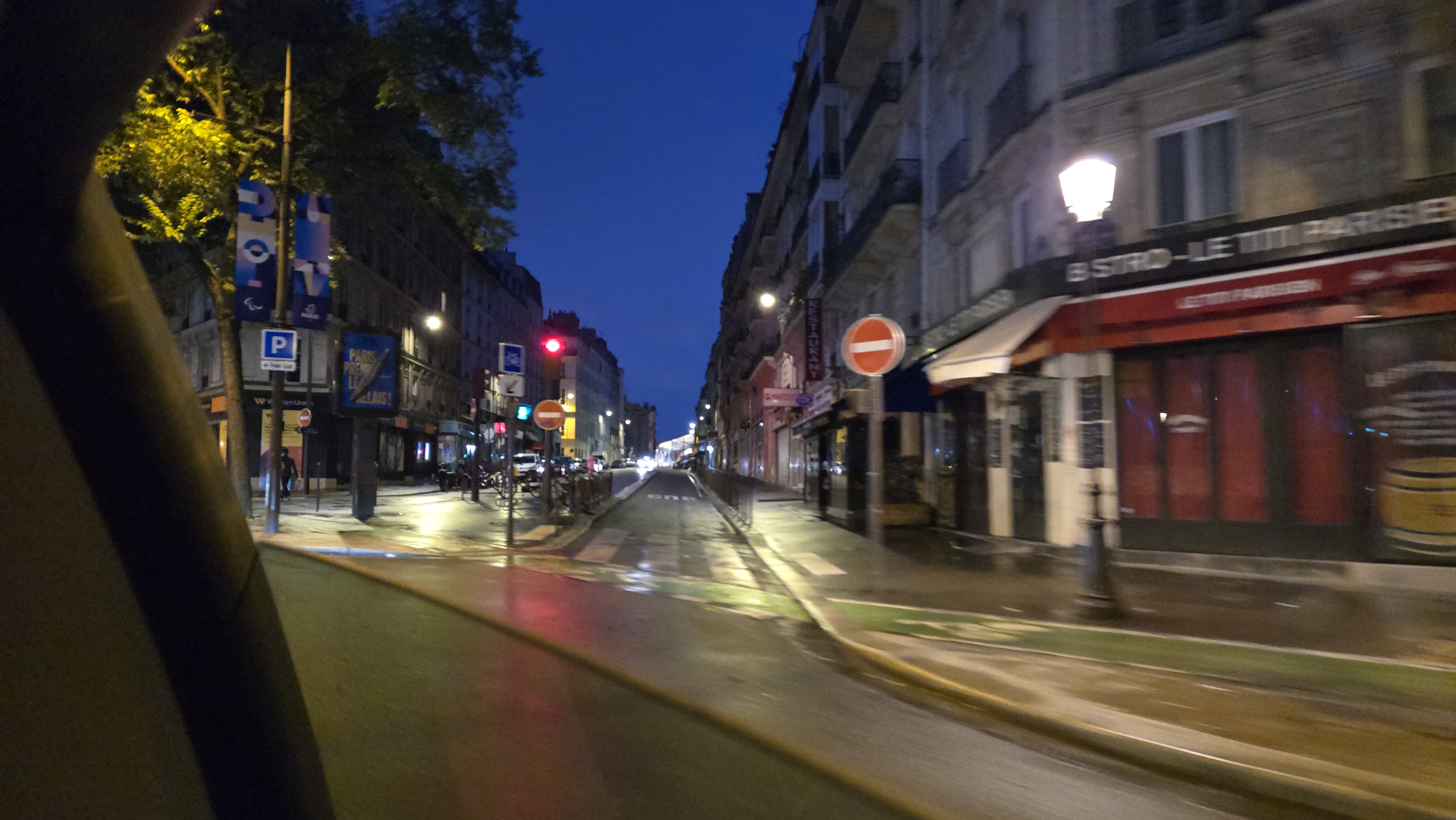
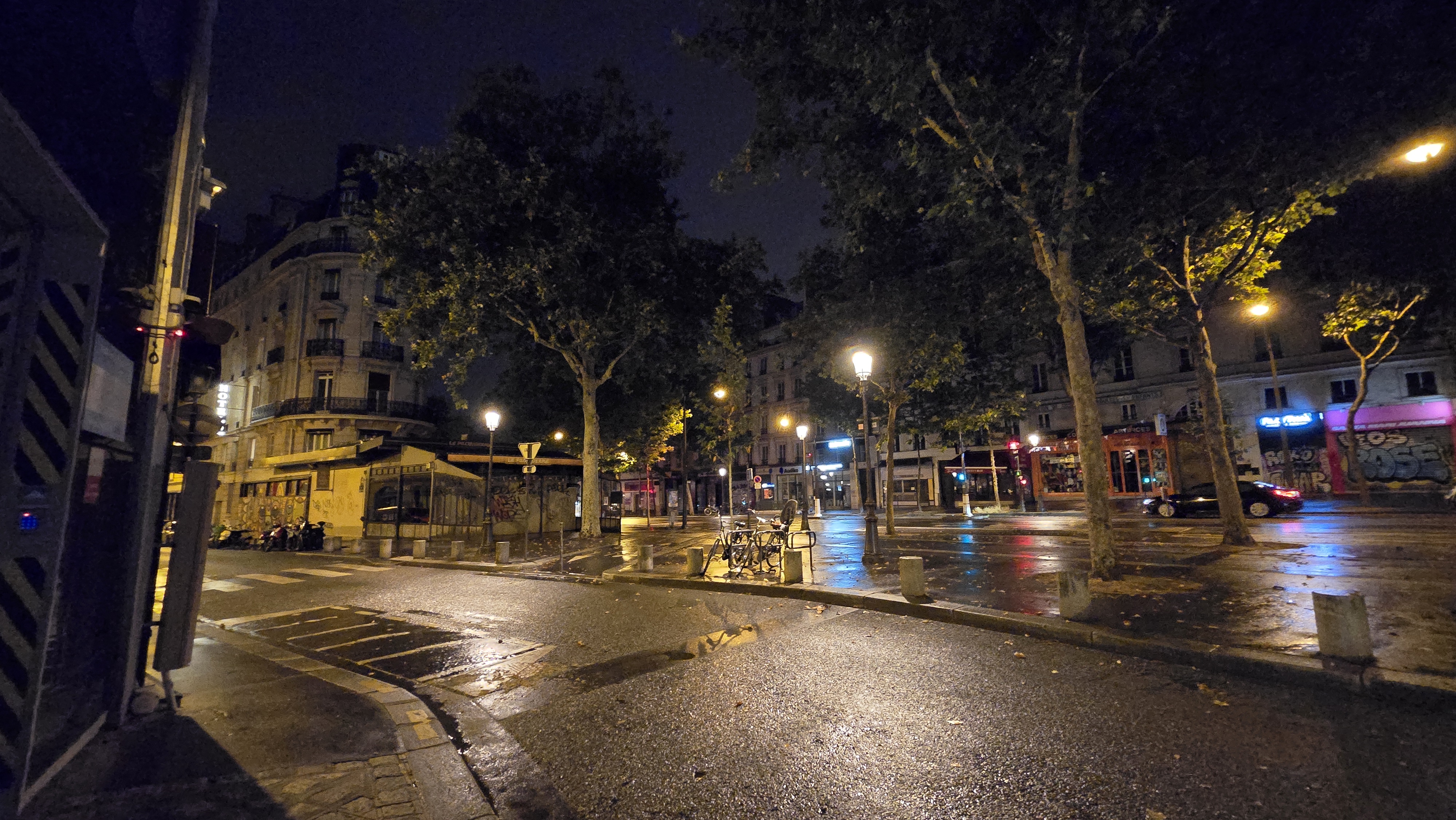
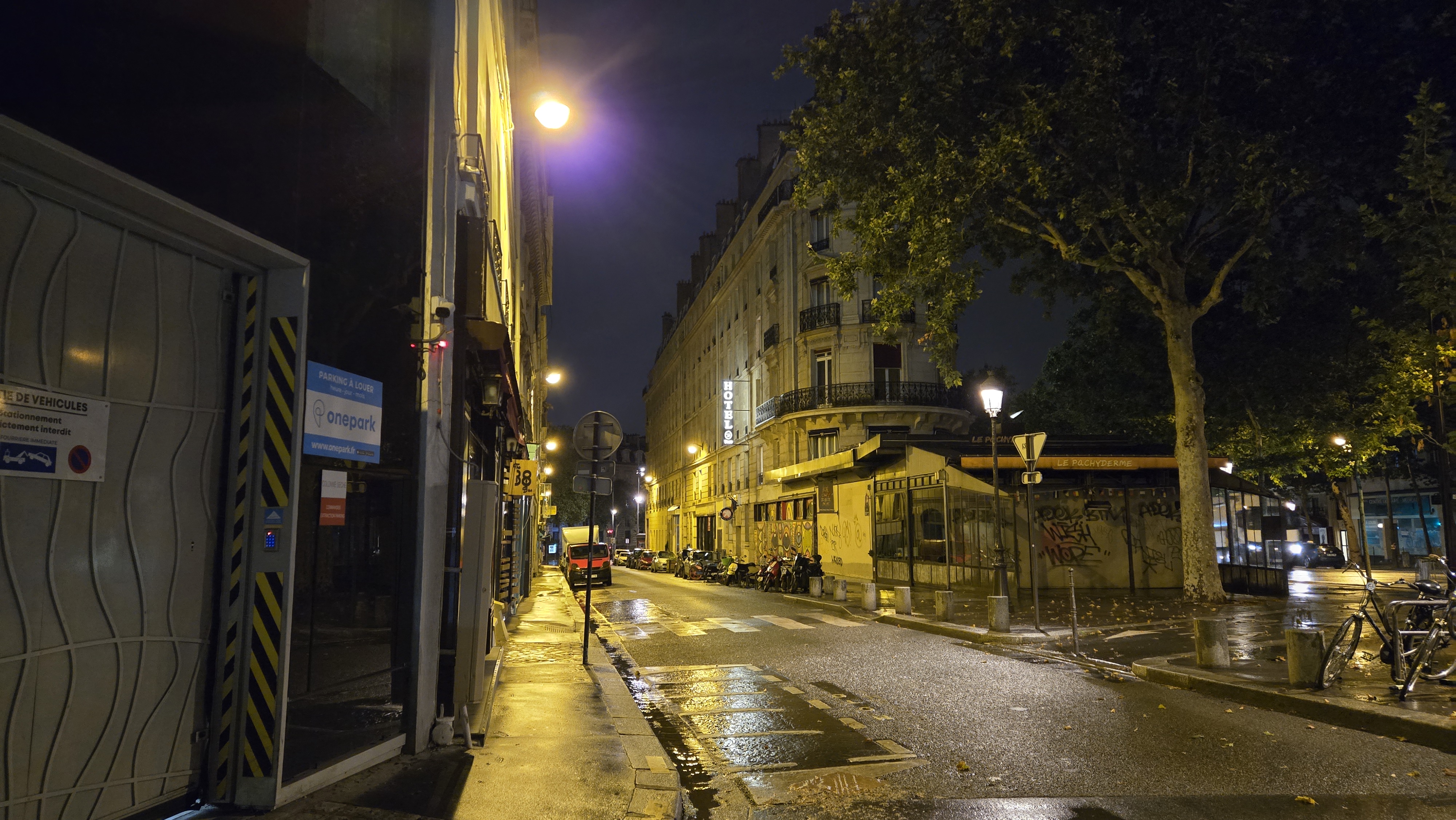
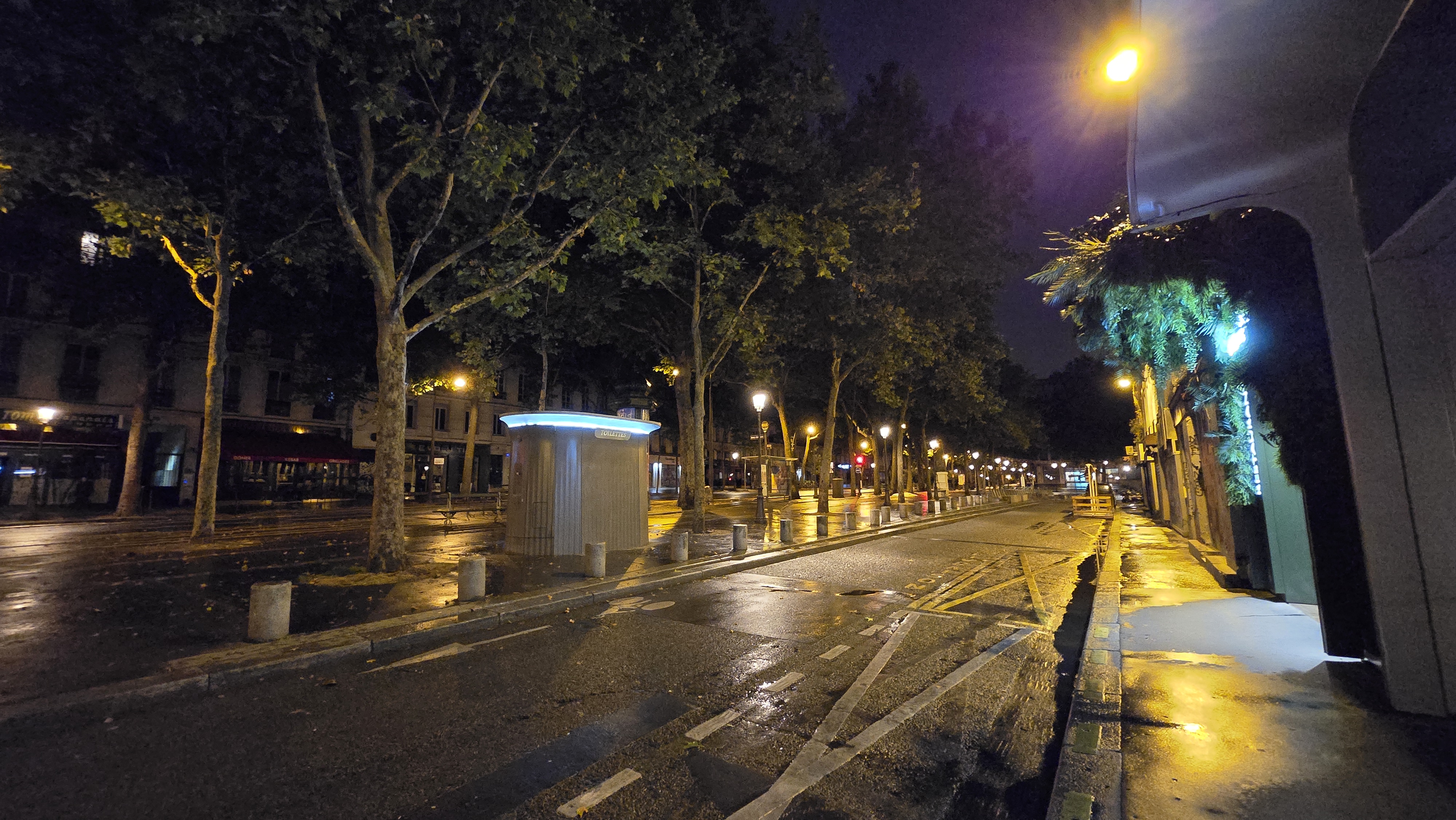
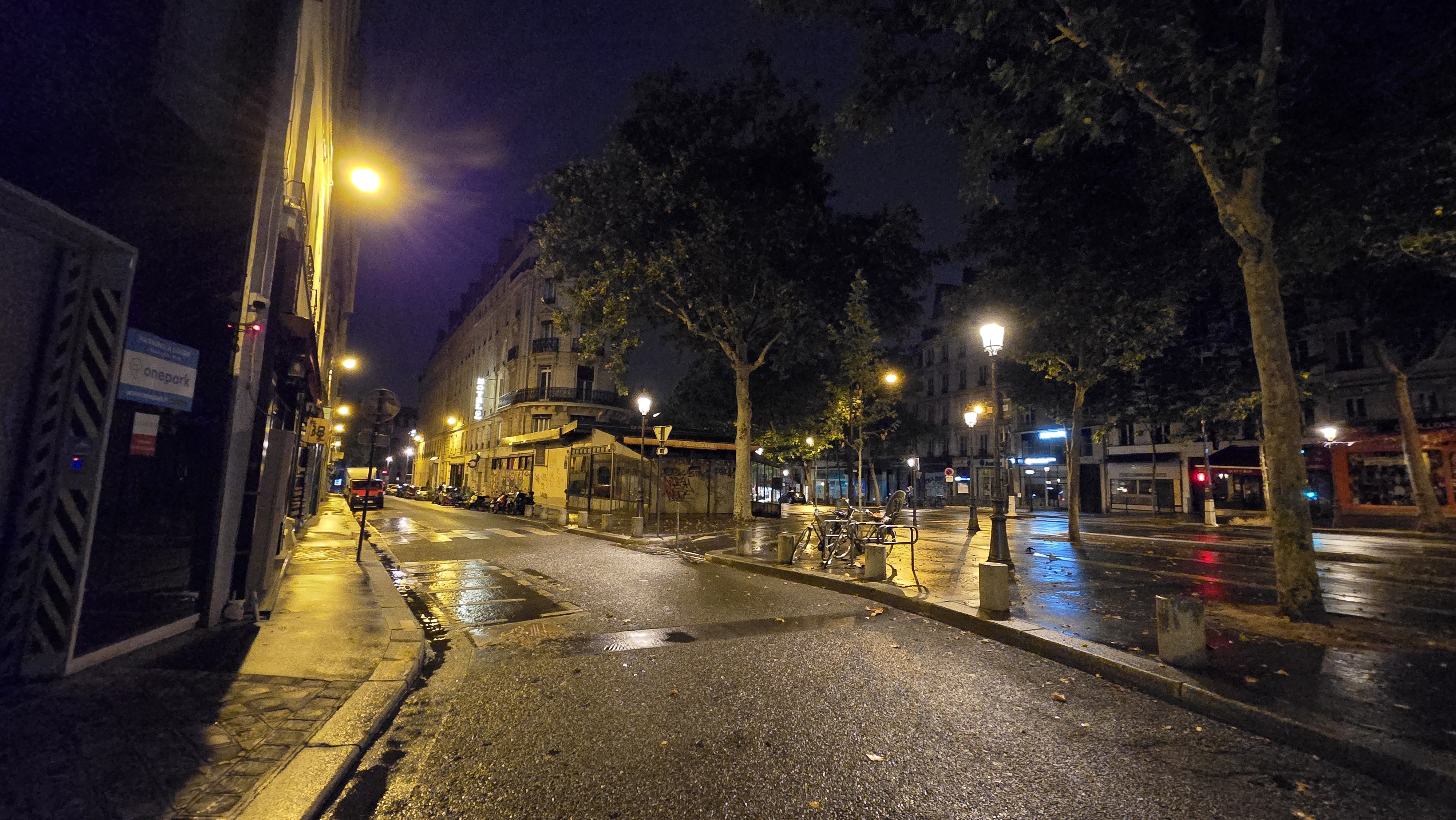
On the selfie front, the Fold 6 gives you a 10MP Cover fixed focus camera and a 4MP in-display internal camera. We’re expecting the latter to be a total write-off, just as it has been in previous Galaxy Z Fold devices.
Google Pixel Fold camera samples:
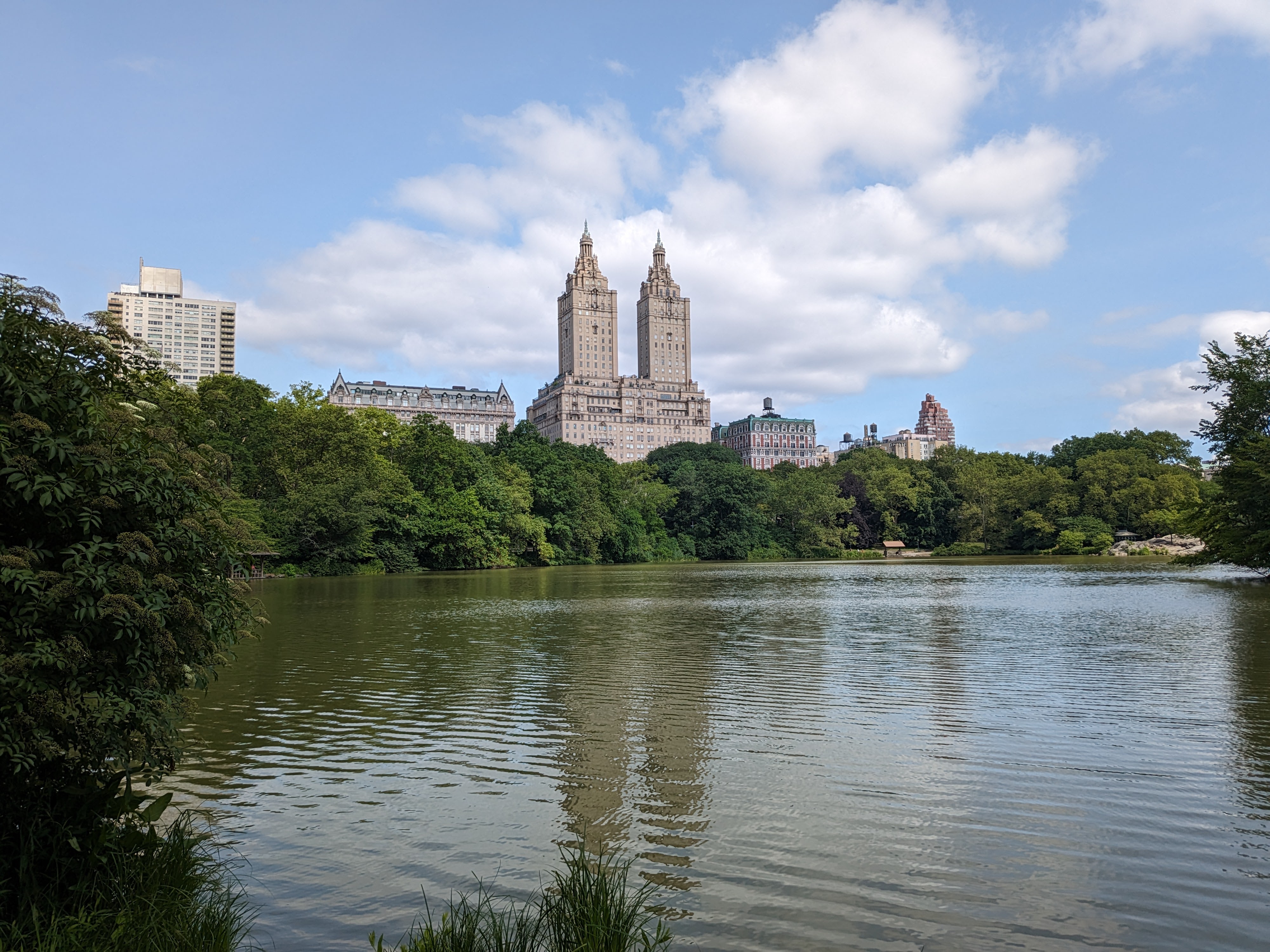



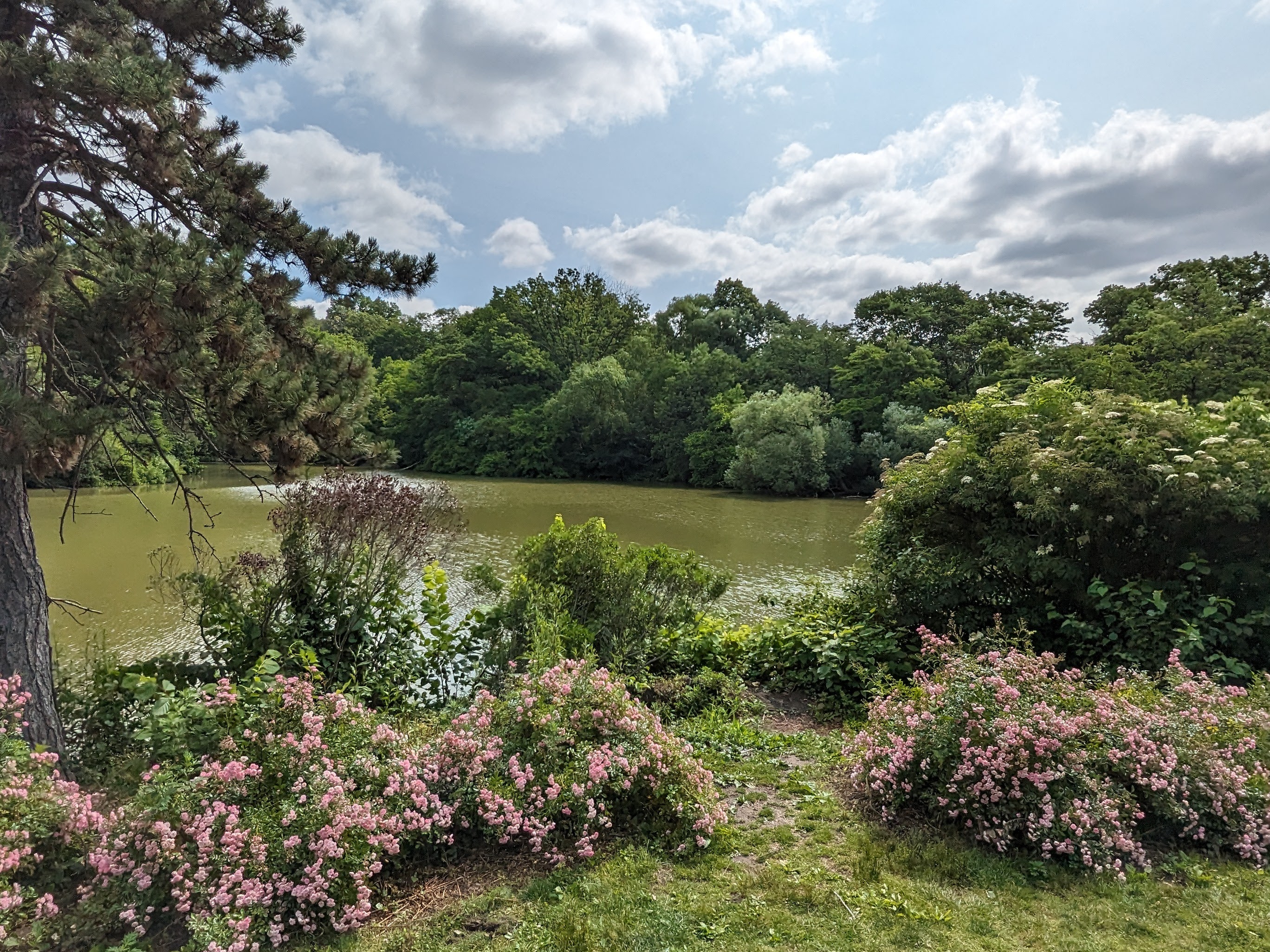

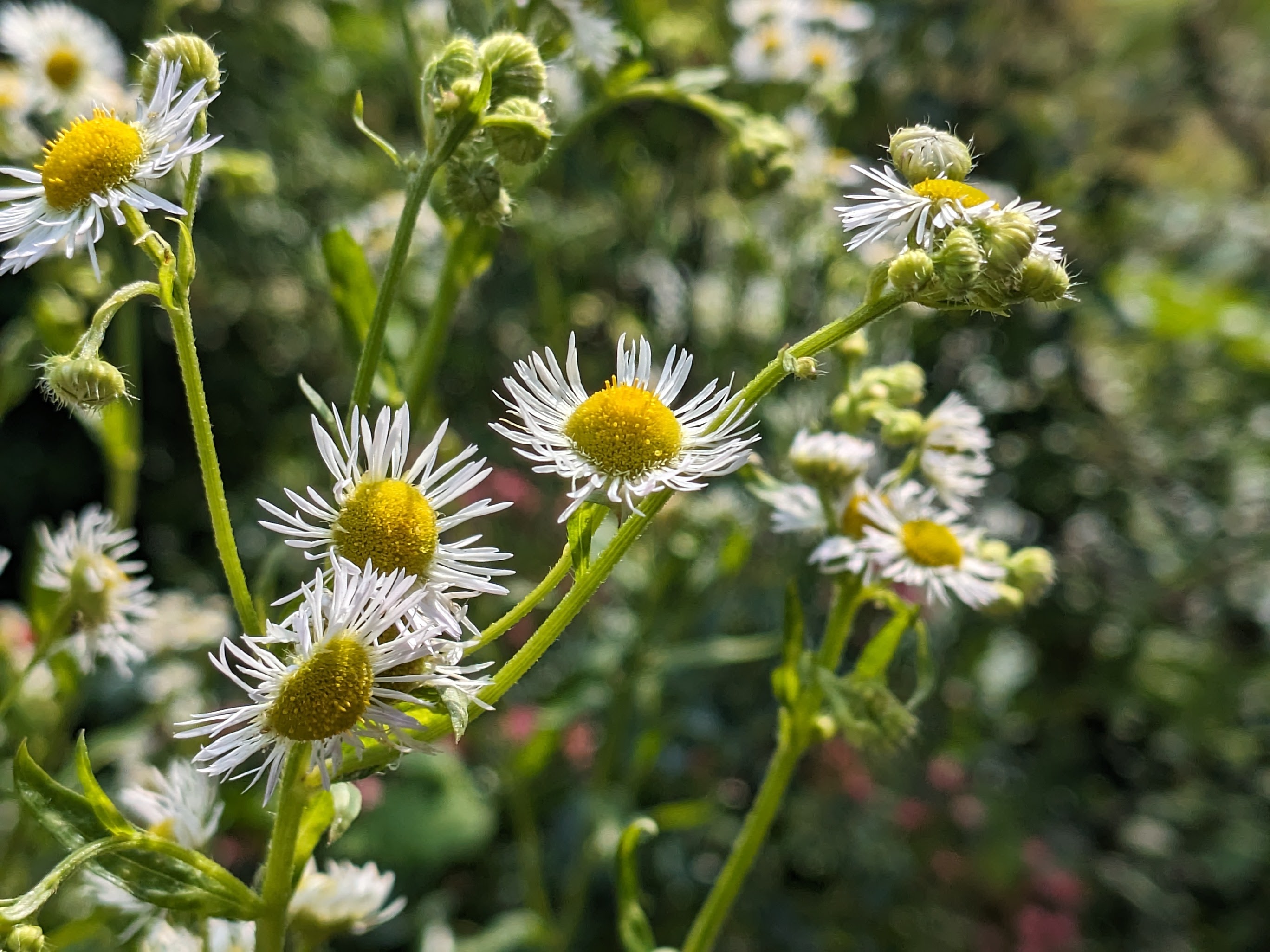

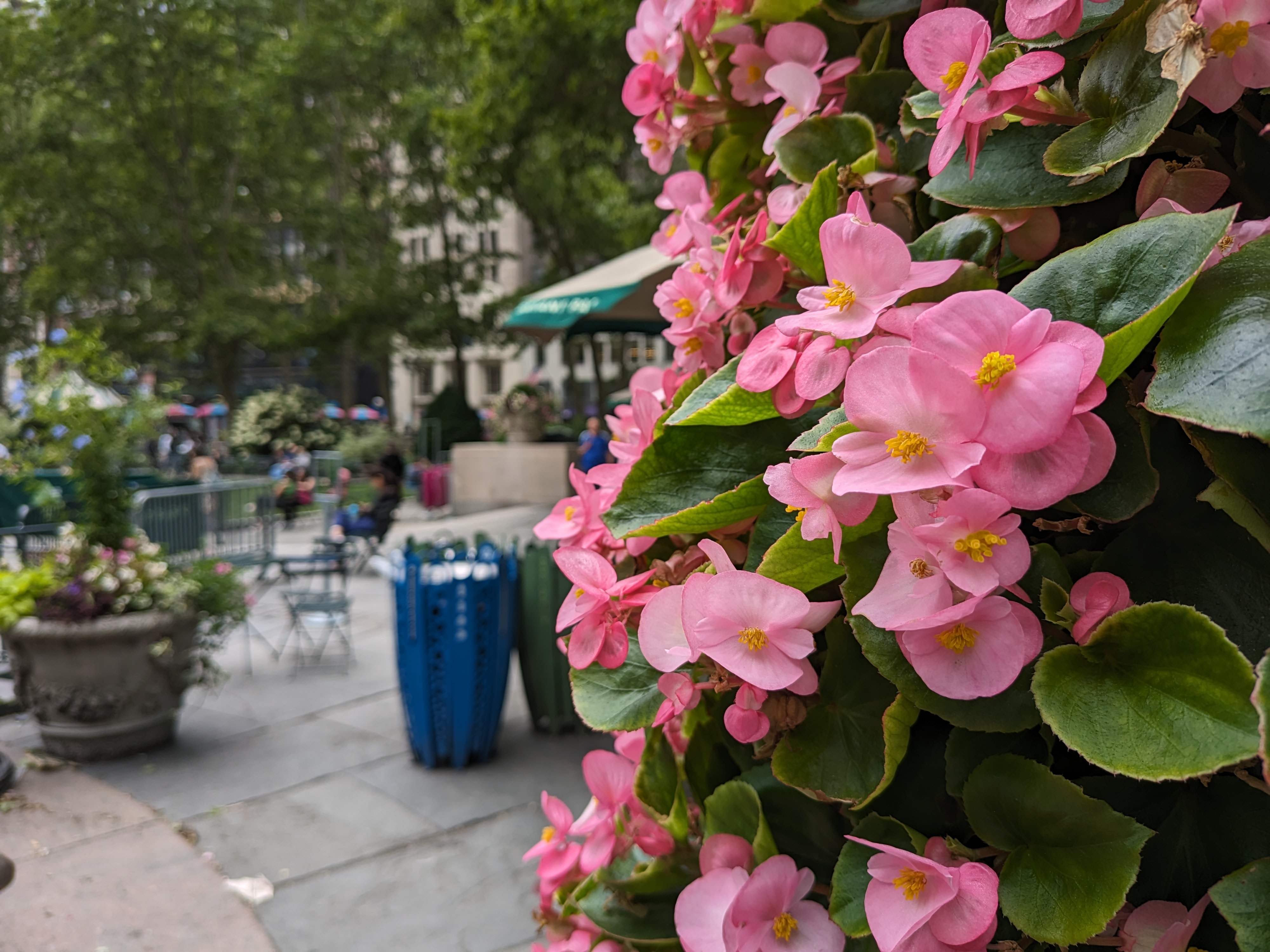



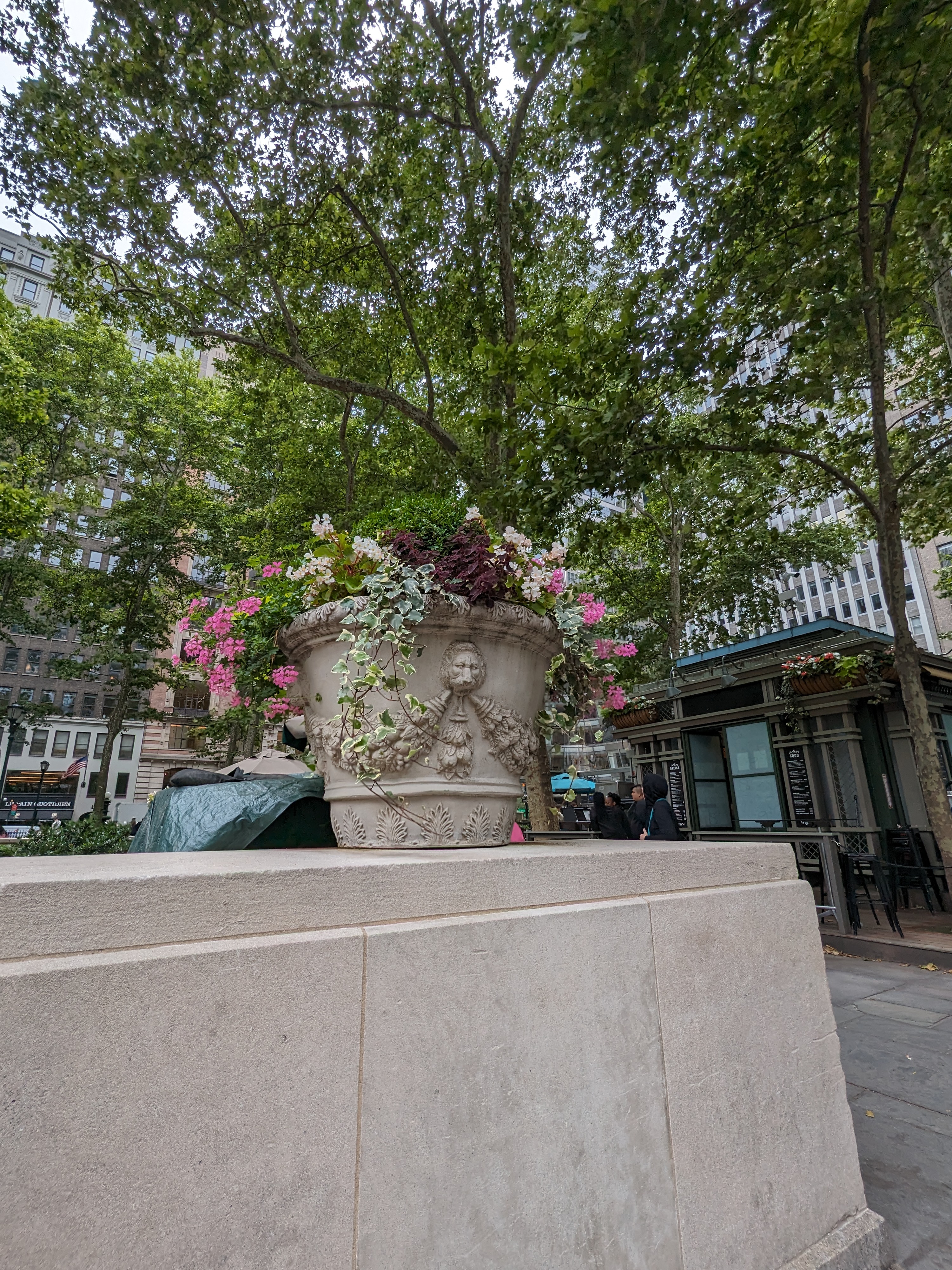
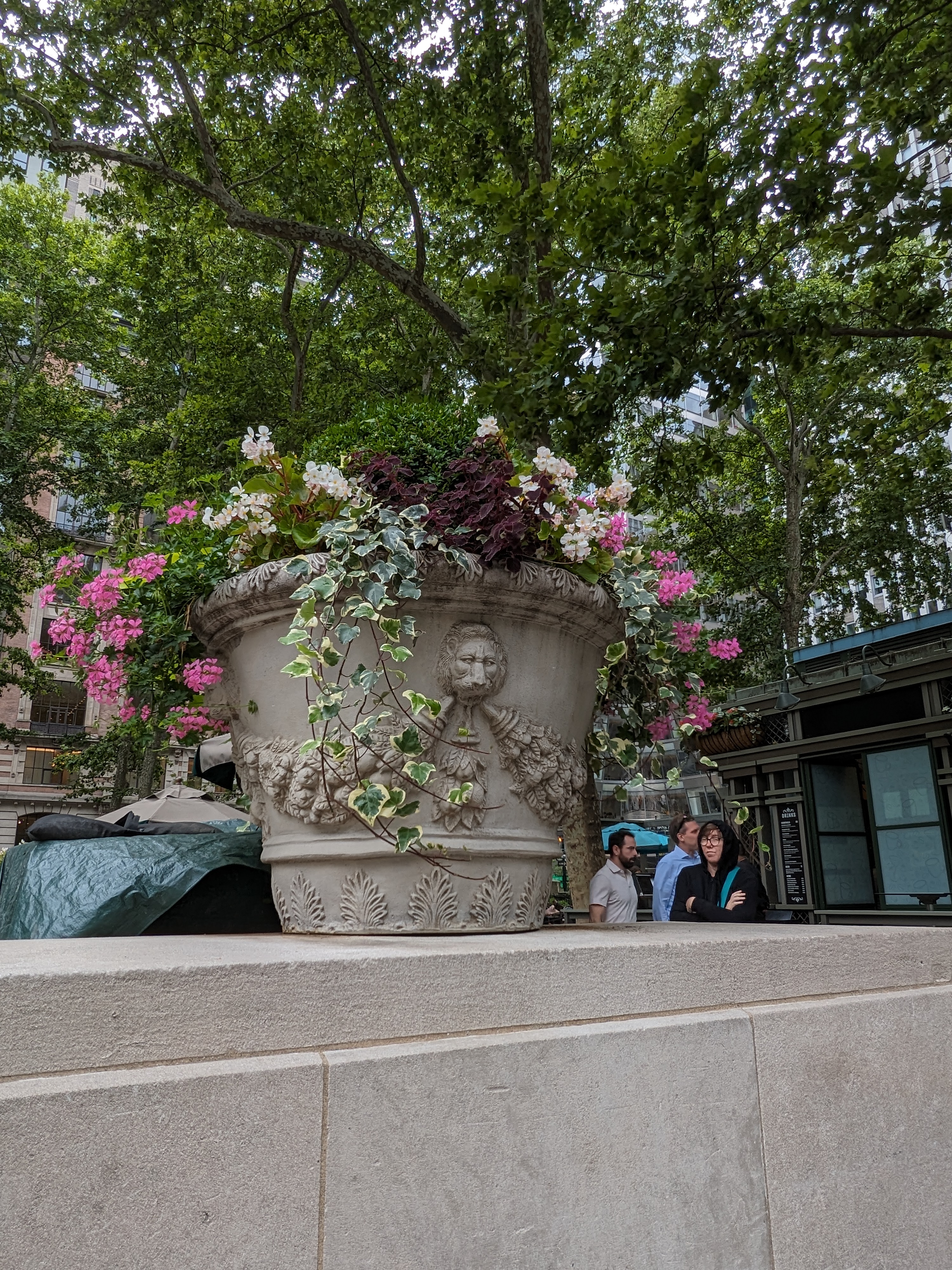



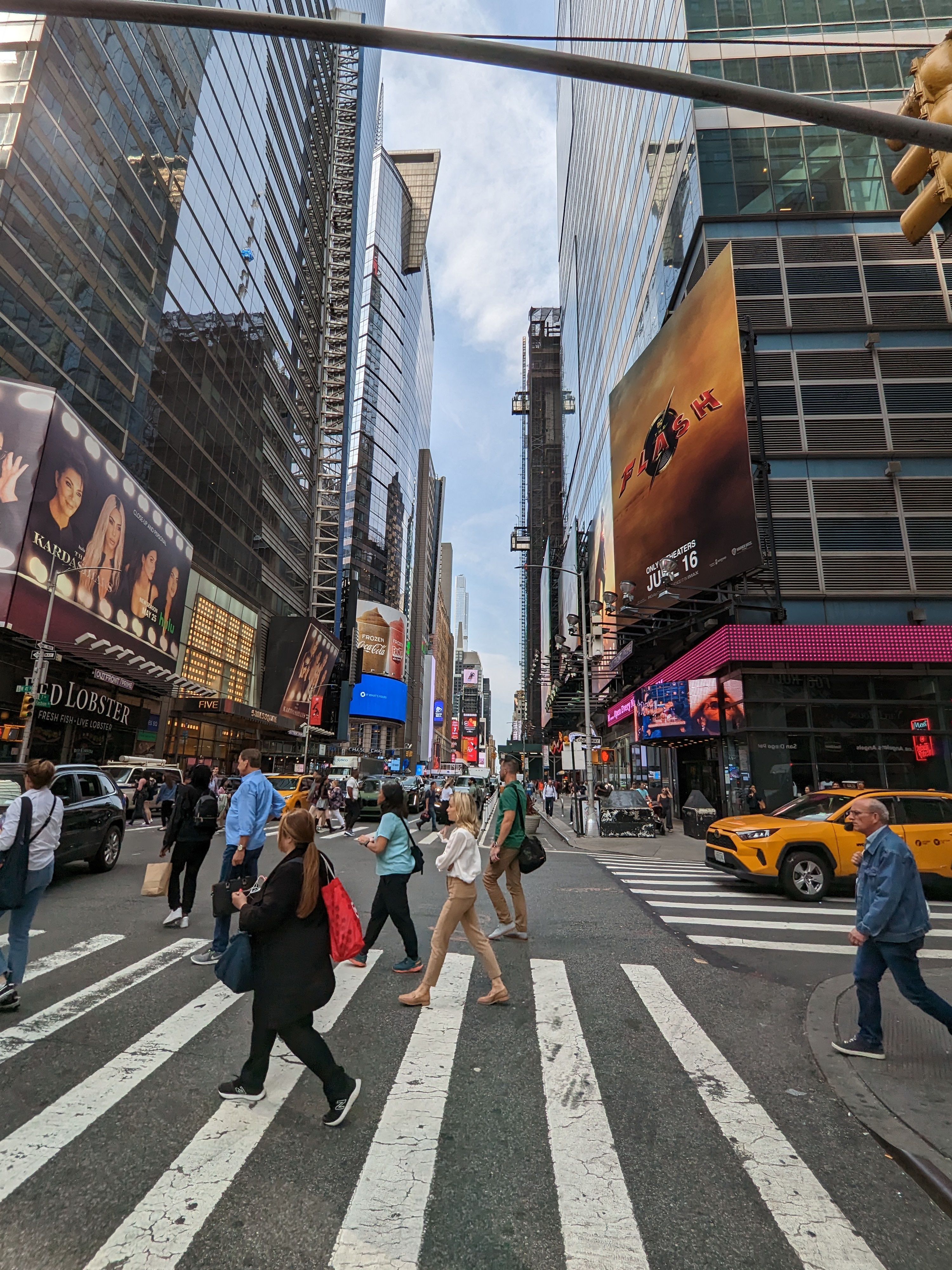
The Pixel Fold gives you an 8MP cover display camera and a 9.5MP internal one, though the latter is stashed in that enlarged forehead rather than under the display, which will inevitably make for better selfie pictures. The latter component also benefits from autofocus, which is always welcome for super-sharp selfies.
Samsung Galaxy Z Fold 6 vs Google Pixel Fold: performance and software
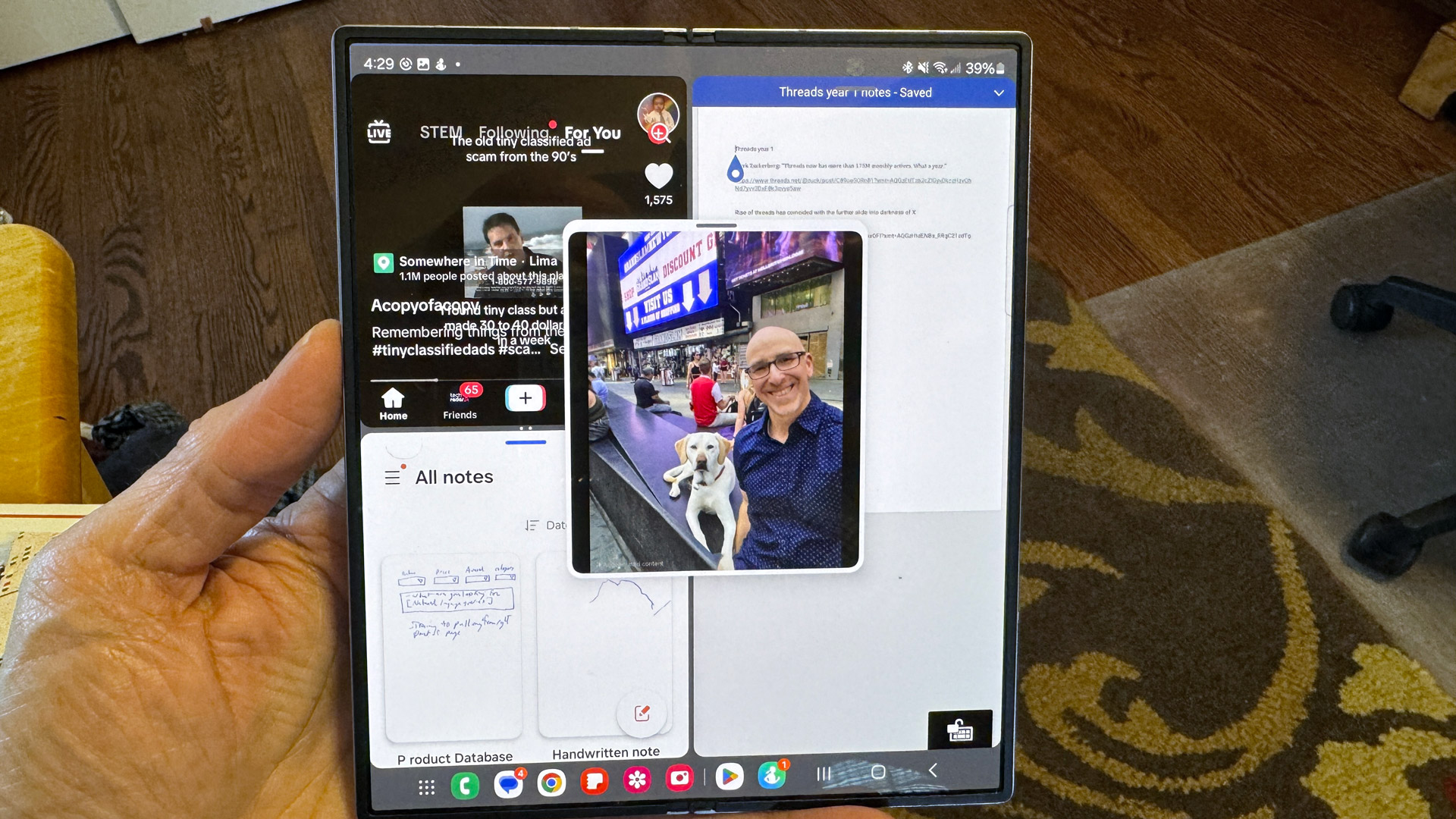
These two tablets stand toe-to-toe in most respects, but the Galaxy Z Fold 6 trounces its older rival when it comes to performance.
Samsung’s foldable uses Qualcomm’s latest and greatest Snapdragon 8 Gen 3 chip, ensuring it can mix it with the very best phones on the market. The Pixel Fold, meanwhile, uses Google’s own Tensor G2 chip, which already felt a little long in the tooth when the phone launched in June 2023.
In benchmark terms, it’s not even close, with the Snapdragon 8 Gen 3 producing way better results in CPU and GPU terms, not to mention energy efficiency. Indeed, the Pixel Fold scored a little worse than the Galaxy Z Fold 4 in our tests.
Even the fact that both of these foldables run on 12GB of RAM can’t alter the fact that the Galaxy Z Fold 6 has a huge performance advantage.
Not that you’d necessarily know that from using both phones. The Pixel Fold feels super snappy in the hand, and it ran everything we could throw at it – including high-end games – with aplomb.
Samsung’s phone also supplies an extra storage option over the Pixel Fold. While both offer 256GB and 512GB options, only the Samsung phone will also offer you a 1TB model.
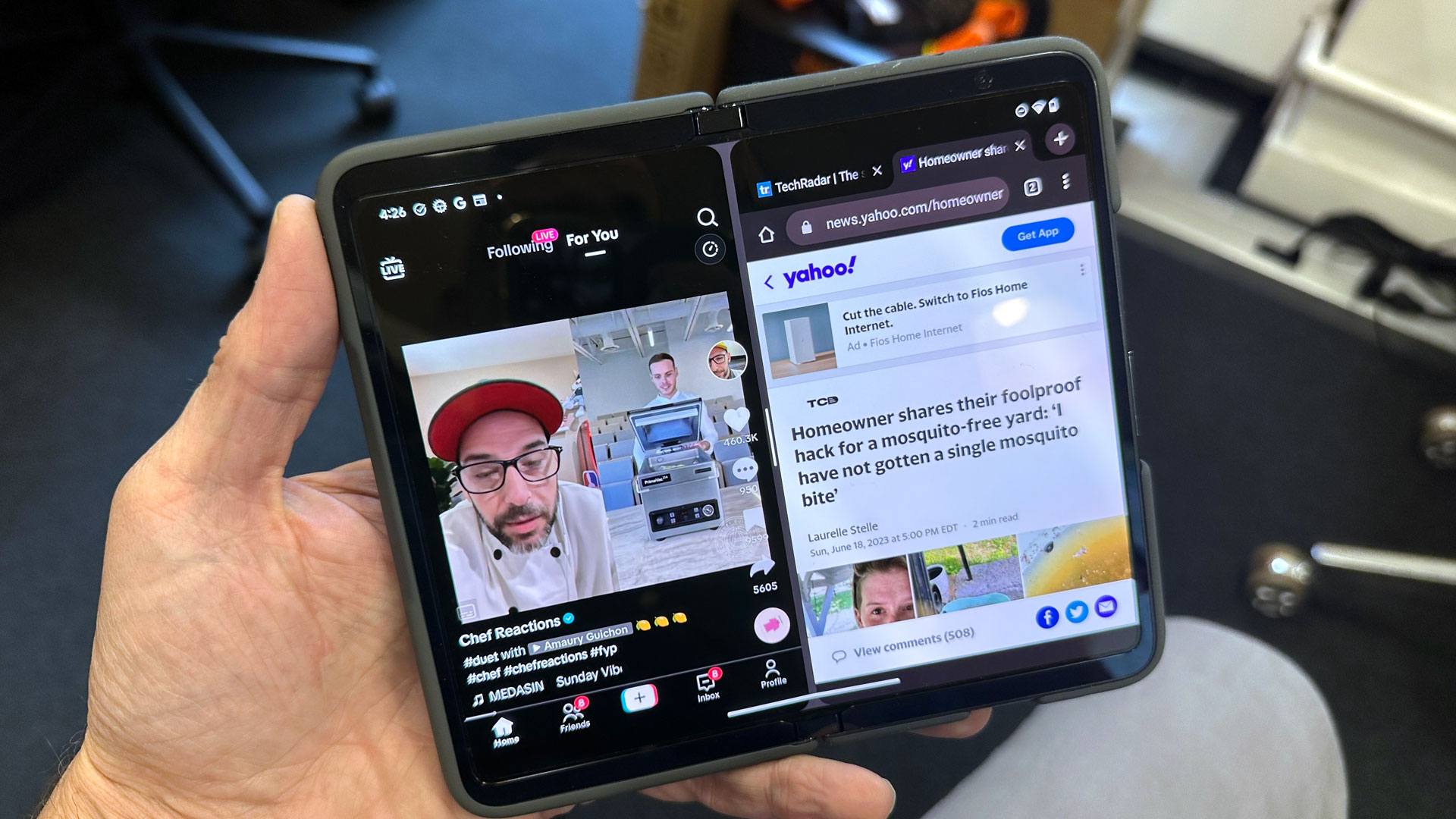
Google hits back with its cleaner, more tasteful Android software. It’s simply a more cohesive take on the operating system than Samsung’s overly busy custom effort. It doesn’t suffer from Samsung’s nasty bloatware habit either.
While both of these foldables handle split screen multitasking, Google’s implementation arguably feels a little more fluid, not to mention more usable on that wider display. With that said, the Fold 6 lets you bring a third app window into play, so is arguably better for productivity.
Both Google and Samsung have led the way on AI implementation, though the Pixel Fold hasn’t thus far received the same level of Gemini Nano knowhow as its newer phones, while the Galaxy Z Fold 6 can do everything that the Galaxy S24 range can do.
Both phones can handle things like Dual Screen real time translation, AI wallpaper generation, circle to search, and photo editing tricks such as background object removal. The Galaxy Z Fold 6 adds things like the ability to generate artwork from a humble sketch.
Where Samsung strikes a major blow against Google in the software stakes is with its seven year update promise. The Pixel Fold will only get new versions of Android until June 2026.
Samsung Galaxy Z Fold 6 vs Google Pixel Fold: battery

One of the reasons the Google Pixel Fold is so much heavier than the Samsung Galaxy Z Fold 6 is that it packs in a larger battery. At 4,821 mAh, it’s quite a bit bigger than the 4,400 mAh cell in the latest Samsung foldable.
In our testing, which involves web browsing on 5G until the battery runs out, the Galaxy Z Fold 6 managed to last 10 hours and 15 minutes in its default adaptive display mode. The Pixel Fold managed 10 hours and 21 minutes when set at 60Hz, so it's not an apples to apples comparison, and we'd arguably give the win to the Fold 6.
Neither foldable impresses when it comes to charging speed, but Samsung’s device holds a slight edge. It supports up to 25W wired charging to the Pixel Fold’s 21W. Factor in the difference in battery size, and the Fold 6 should charge quicker.
Samsung’s foldable also supports 15W wireless charging, which is faster than the Pixel Fold’s 7.5W provision.
Samsung Galaxy Z Fold 6 vs Google Pixel Fold: verdict
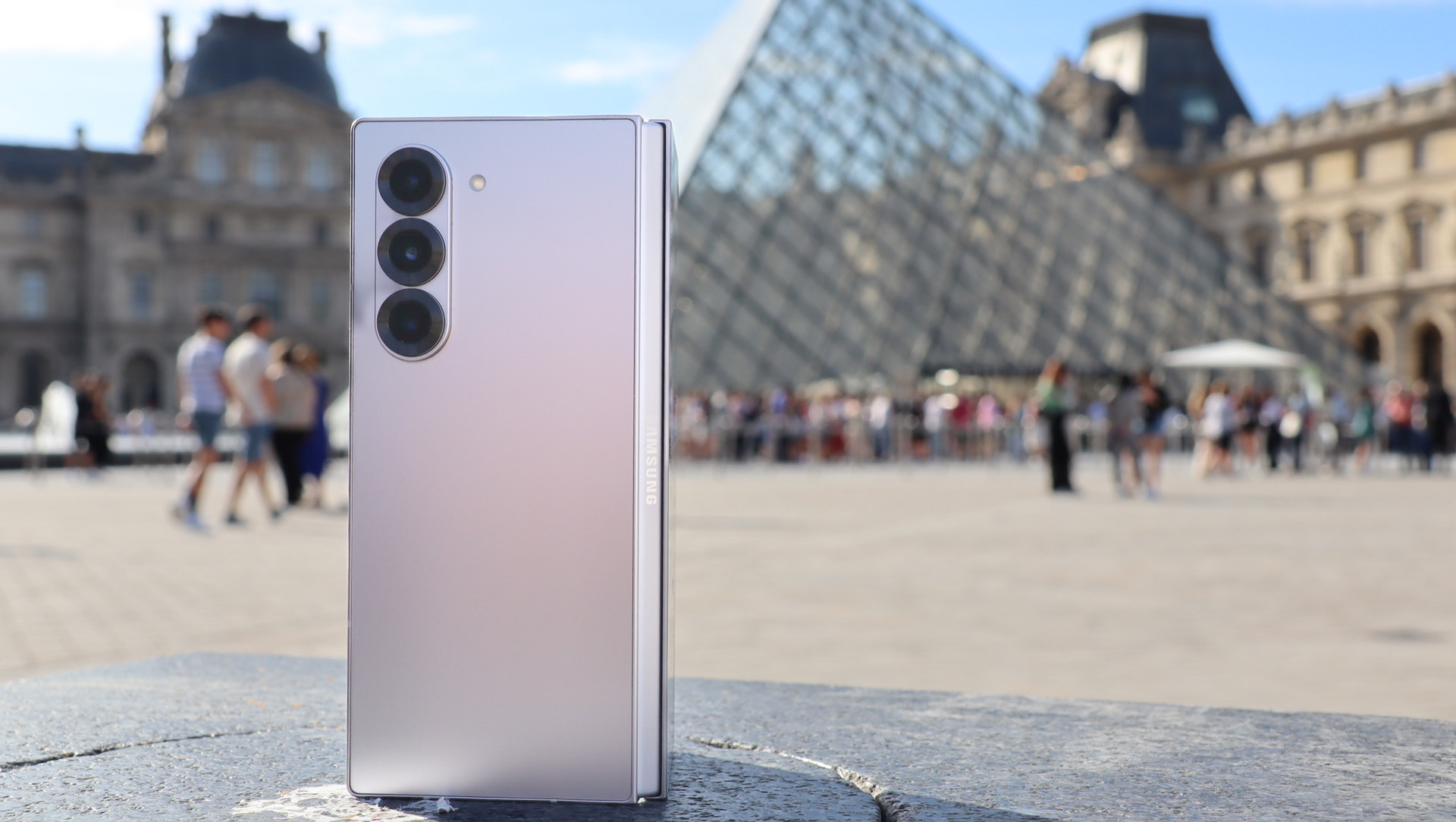
Google’s first-generation foldable is getting a little long in the tooth now, so it finds itself immediately outgunned by the fresh-face Galaxy Z Fold 6 in some key areas. Samsung’s latest is way lighter, has a much better processor, brighter screens, faster charging, and a much longer software update promise.
With that said, the Pixel Fold can still show the Fold 6 a few nifty tricks. Its camera system looks to be a little better, though obviously we’ll need to test the Fold 6 to be sure on that. We also like Google’s clean UI, though the Galaxy Z Fold 6 has a number of extra productivity and AI features, as well as S Pen stylus support.
All in all, the Samsung Galaxy Z Fold 6 has the much brighter future of these two tablets. If money is no object, it’s a safer bet. If you’re in the market for an immediate foldable bargain in the here and now, however, then the Pixel Fold can currently be had at a heavily discounted price.







